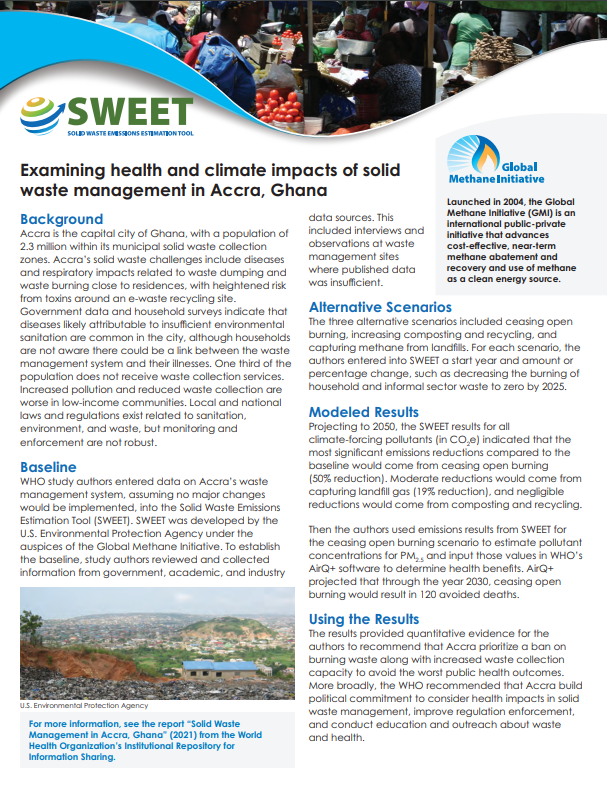
|
Examining Health and Climate Impacts of Solid Waste Management in Accra, Ghana
Ghana
Projecting to 2050, the SWEET results for all climate-forcing pollutants indicated that the most significant emissions reductions compared to the baseline would come from ceasing open burning (50% reduction). Moderate reductions would come from capturing landfill gas (19% reduction) and negligible reductions would come from composting and recycling.
Case study details
|
Biogas
|
Waste Management; Composting
|
Ghana
| 2021 |
Solid Waste Emissions Estimation Tool (SWEET)
|
Case Study
|
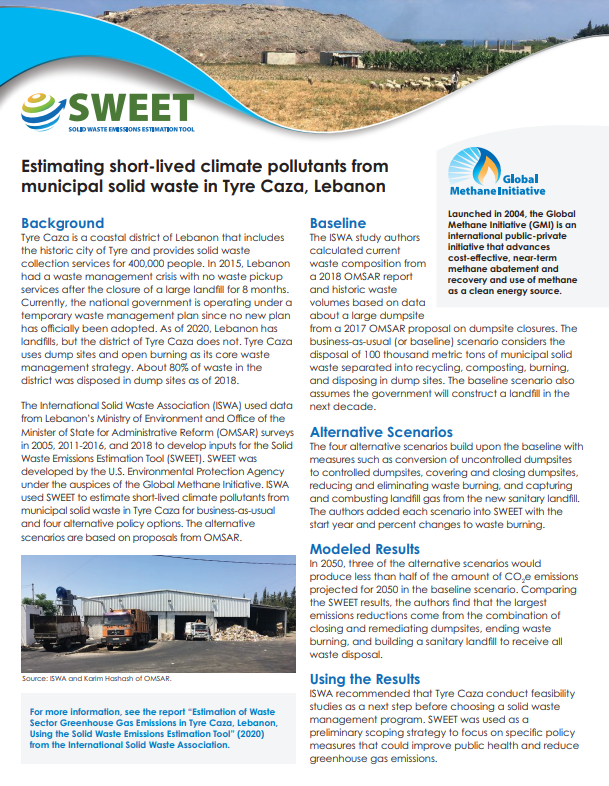
|
Estimating Short-Lived Climate Pollutants from Municipal Solid Waste in Tyre Caza, Lebanon
Lebanon
The International Solid Waste Association (ISWA) used data from Lebanon’s Ministry of Environment and Office of the Minister of State for Administrative Reform (OMSAR) surveys in 2005, 2011-2016, and 2018 to develop inputs for the Solid Waste Emissions Estimation Tool (SWEET). Comparing the SWEET results, the authors find that the largest emissions reductions come from the combination of closing and remediating dumpsites, ending waste burning, and building a sanitary landfill to receive all waste disposal.
Case study details
|
Biogas
|
Waste Management
|
Lebanon
| 2021 |
Solid Waste Emissions Estimation Tool (SWEET)
|
Case Study
|
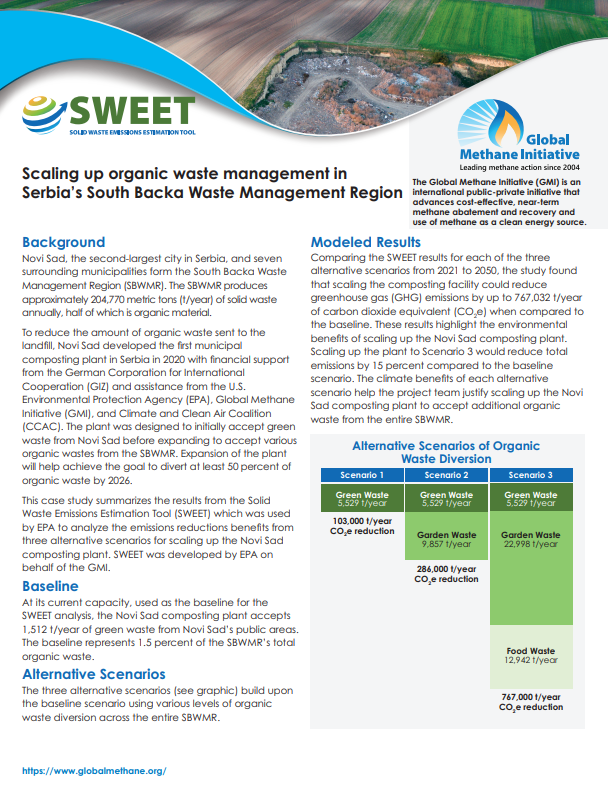
|
Scaling Up Organic Waste Management In Serbia's South Backa Waste Management Region
Serbia
Comparing the SWEET results for three scenarios from 2021 to 2050, the study found that scaling the composting facility could reduce greenhouse gas emissions by up to 767,032 t/year of carbon dioxide equivalent (CO2e) when compared to the baseline. These results highlight the environmental benefits of scaling up the Novi Sad composting plant.
Case study details
|
Biogas
|
Waste Management;Composting
|
Serbia
| 2021 |
Solid Waste Emissions Estimation Tool (SWEET)
|
Case Study
|

|
Albania's Landfill Methane Capture Strategy
Albania
Albania conducted a greenhouse gas inventory and set a goal to begin capturing methane in 2025 and increase the amount captured until 2030. Additionally, they set goals to increase the amount of composted waste by an additional 3 percent annually until 2030.
Case study details
|
Biogas
|
Waste Management;National Action Planning
|
Albania
| 2019 |
GMI Policymaker Framework for Addressing Methane Emissions
|
Case Study
|

|
Bangladesh National Action Planning for Short-Lived Climate Pollutants
Bangladesh
Working with CCAC in 2013, Bangladesh developed a plan for reducing short-lived climate pollutants, including methane. Between 2016 and 2018, efforts focused on capacity building for the plan's adoption, followed by development of a work plan for implementation. Bangladesh determined its most impactful actions were introducing clean-burning biomass cooking stoves, replacing traditional kilns with modern technologies, and phasing out high emission vehicles.
Case study details
|
Biogas;Oil & Gas
|
National Action Planning
|
Bangladesh
| 2013 |
GMI Policymaker Framework for Addressing Methane Emissions
|
Case Study
|

|
Identifying Coal Mine Methane (CMM) Mitigation Options in Colombia
Colombia
Colombia prepared a CMM Country Profile in 2019 that described the national circumstances and identified and categorized 30 key stakeholders in Colombia's CMM industry. The U.S. EPA then conducted a pre-feasibility study to explore the possibility of CMM capture and utilization at the Casa Blanca Mine and determined that onsite power generation was the most viable option for CMM use.
Case study details
|
Coal Mines
|
National Action Planning;Pre-feasibility Study
|
Colombia
| 2019 |
GMI Policymaker Framework for Addressing Methane Emissions
|
Case Study
|

|
Japan Reduces Methane from Landfills
Japan
In 2016, Japan adopted two new standards on waste management: (1) reduction in the amount of waste for final disposal, which banned the direct landfilling of organic municipal solid waste and industrial waste; and (2) adoption of semi-aerobic landfill structure in final waste disposal sites. The Japan Ministry of the Environment reported a decrease in total and per capita volumes of waste generation from 2019 to 2020.
Case study details
|
Biogas
|
National Action Planning;Waste Management
|
Japan
| 2016 |
GMI Policymaker Framework for Addressing Methane Emissions
|
Case Study
|

|
Trinidad and Tobago, an Oil and Gas Producer, Strengthens Capacity for Emissions Transparency
Trinidad and Tobago
In 2019, Trinidad and Tobago joined the Nationally Determined Contributions (NDC) Support Programme, through which a measurement, reporting, and verification (MRV) pilot project was developed. The project began in 2021 with three goals: strengthen capacity to prepare Biennial Transparency Reports, integrate climate change into the national planning and decision-making process, and establish and formalize the necessary institutional arrangements for implementing climate transparency activities.
Case study details
|
Oil & Gas
|
National Action Planning;Measurement, Reporting, and Verification (MRV)
|
Trinidad and Tobago
| 2021 |
GMI Policymaker Framework for Addressing Methane Emissions
|
Case Study
|
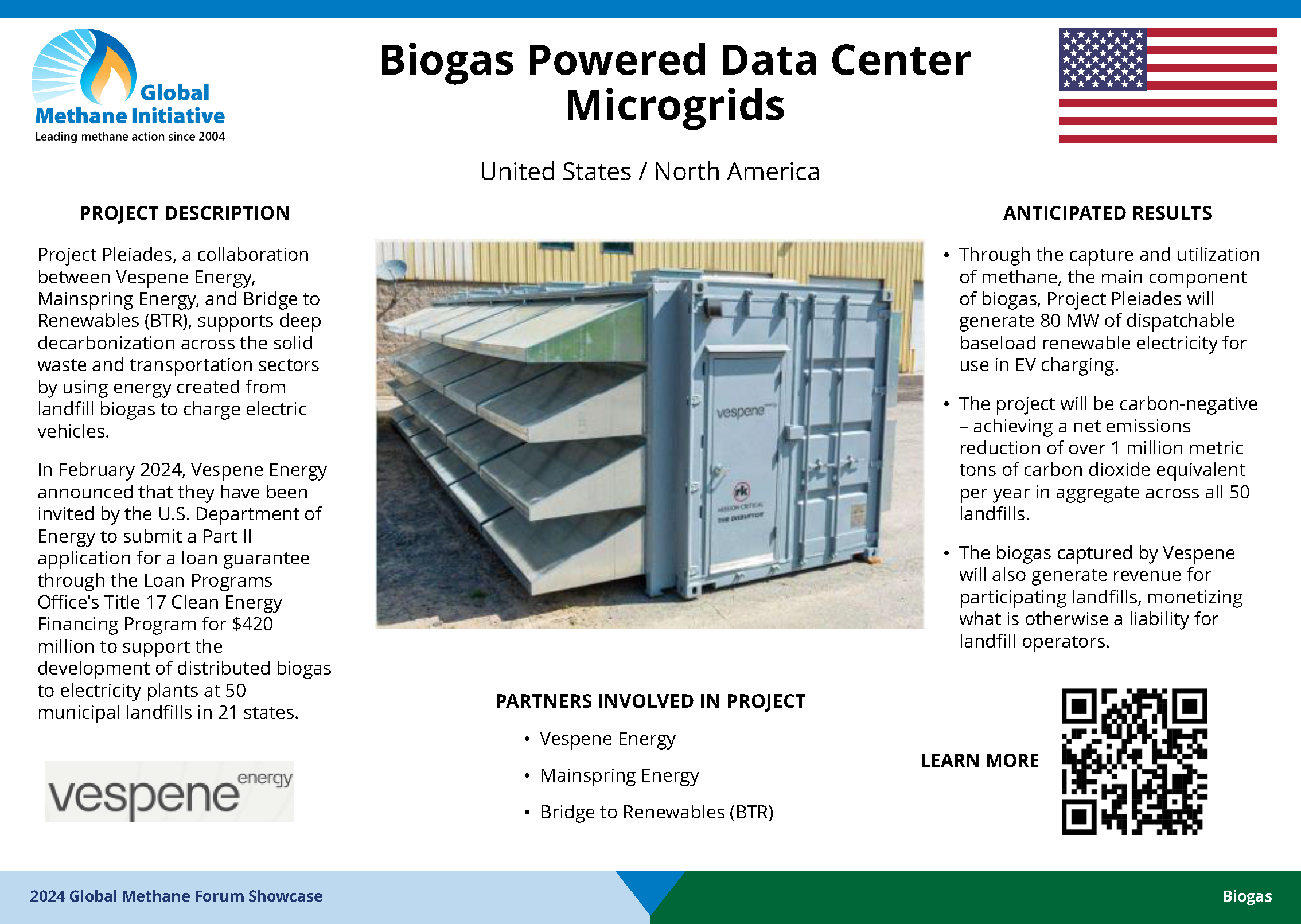
|
Biogas Powered Data Center Microgrids
United States
Through the capture and utilization of methane, Project Pleiades will generate 80 MW of dispatchable baseload renewable electricity for use in EV charging, achieving a net emissions reduction of over 1 million metric tons of carbon dioxide equivalent per year in aggregate across all 50 landfills and generating revenue for participating landfills.
Case study details
|
Biogas
|
Industry/Technology
|
United States
| 2024 |
Methane Action Showcase
|
Poster
|
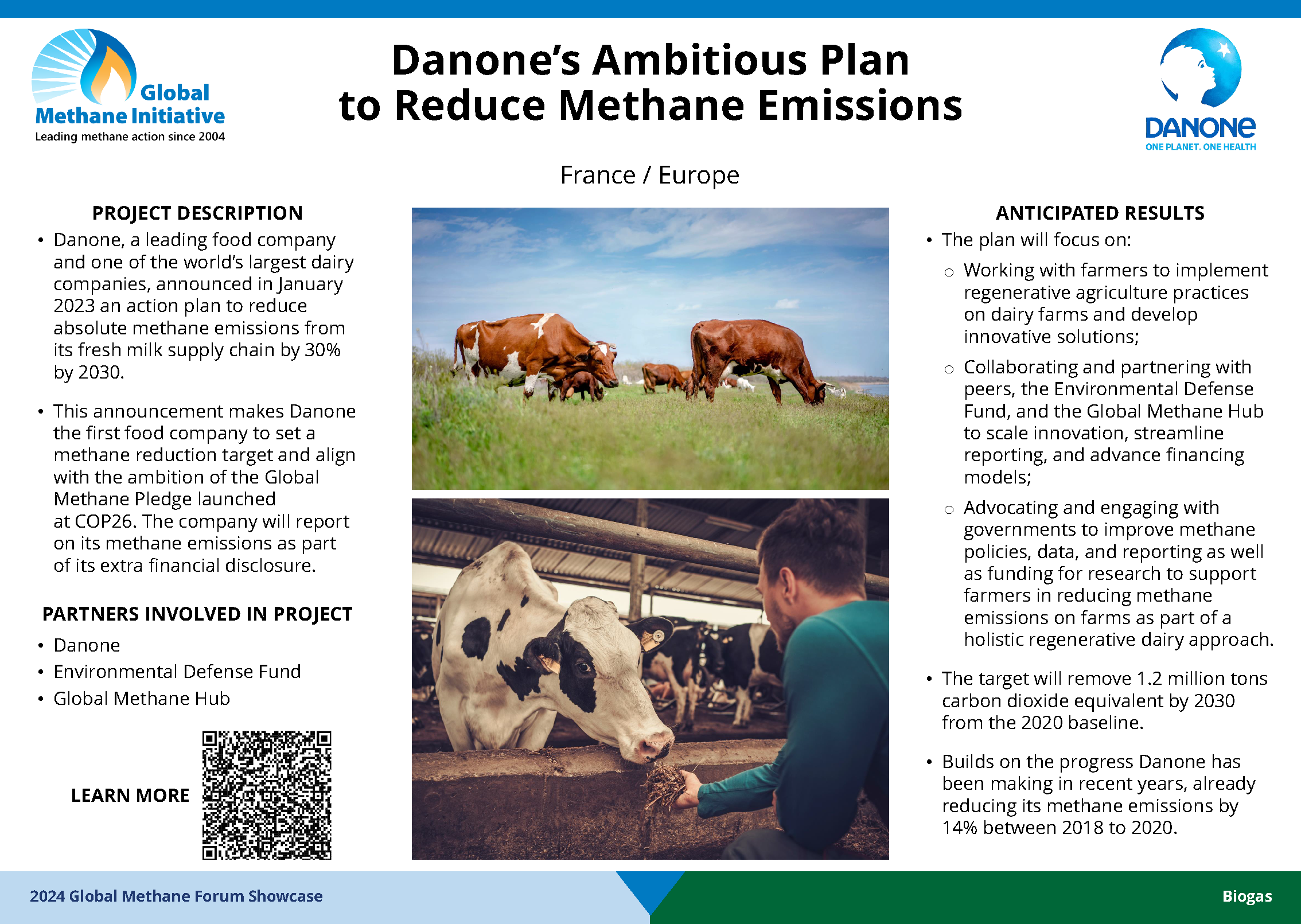
|
Danone's Ambitious Plan to Reduce Methane Emissions
France
In January 2023, Danone, one of the world's largest dairy companies announced an action plan to reduce absolute methane emissions from its fresh milk supply by 30% by 2030. The plan focuses on implementing regenerative agriculture practices through local stakeholders, partnering with other organizations to advance effectiveness and replicability, and engaging with local governments to encourage and improve policies regarding methane emissions.
Case study details
|
Biogas
|
Industry/Technology;Livestock;Finance;Local Action
|
France
| 2023 |
Methane Action Showcase
|
Poster
|
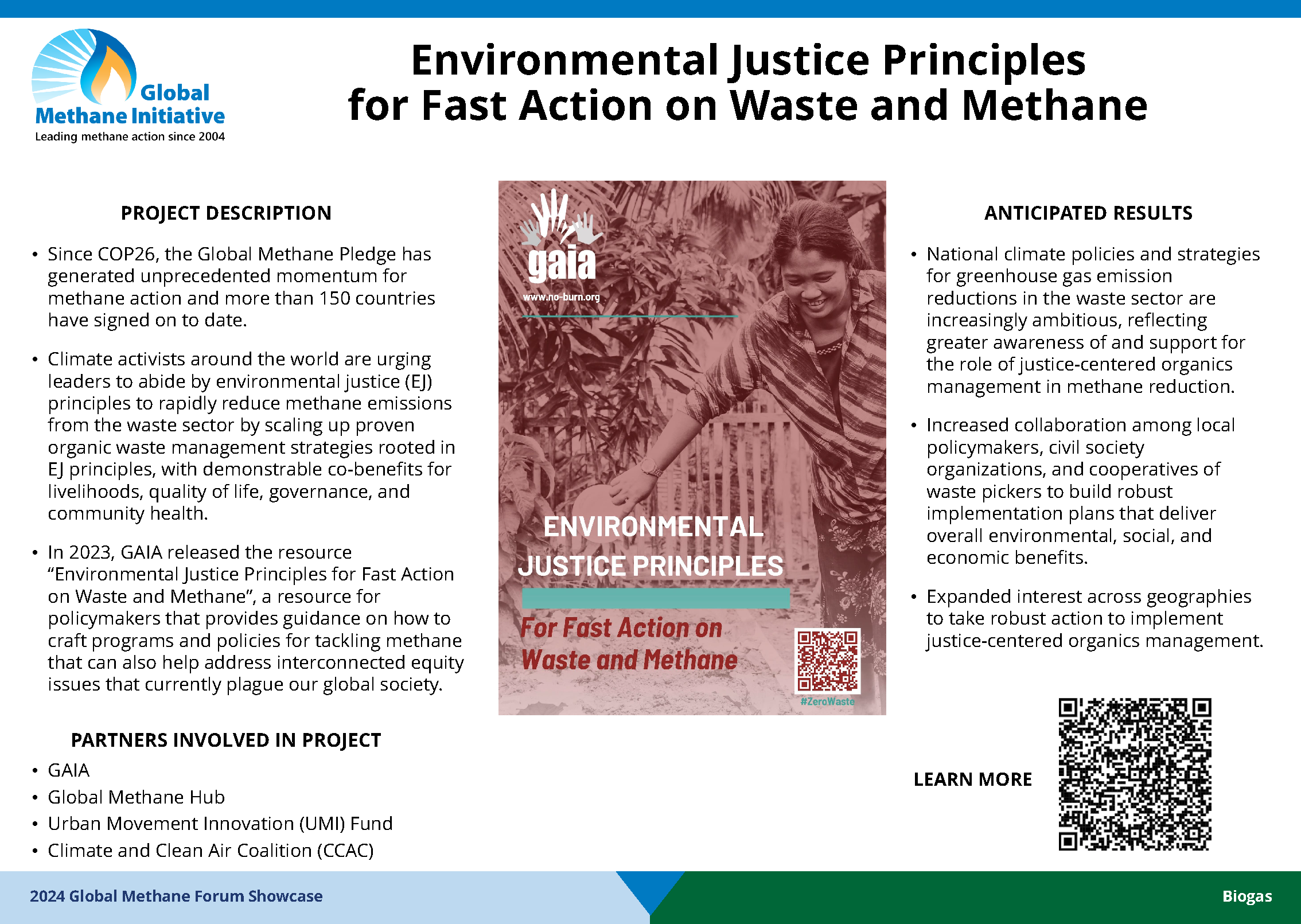
|
Environmental Justice Principles for Fast Action on Waste and Methane
International
In 2023, the Global Alliance for Incinerator Alternatives (GAIA) released a resource for policymakers, "Environmental Justice Principles for Fast Action on Waste and Methane", that provides guidance on how to programs and policies focused on methane that also address interconnected equity problems. The resource aims to increase awareness, collaboration, and expanded interest in justice-centered organics management in methane reduction.
Case study details
|
Biogas
|
Government/Policy;National Action Planning
|
International
| 2023 |
Methane Action Showcase
|
Poster
|
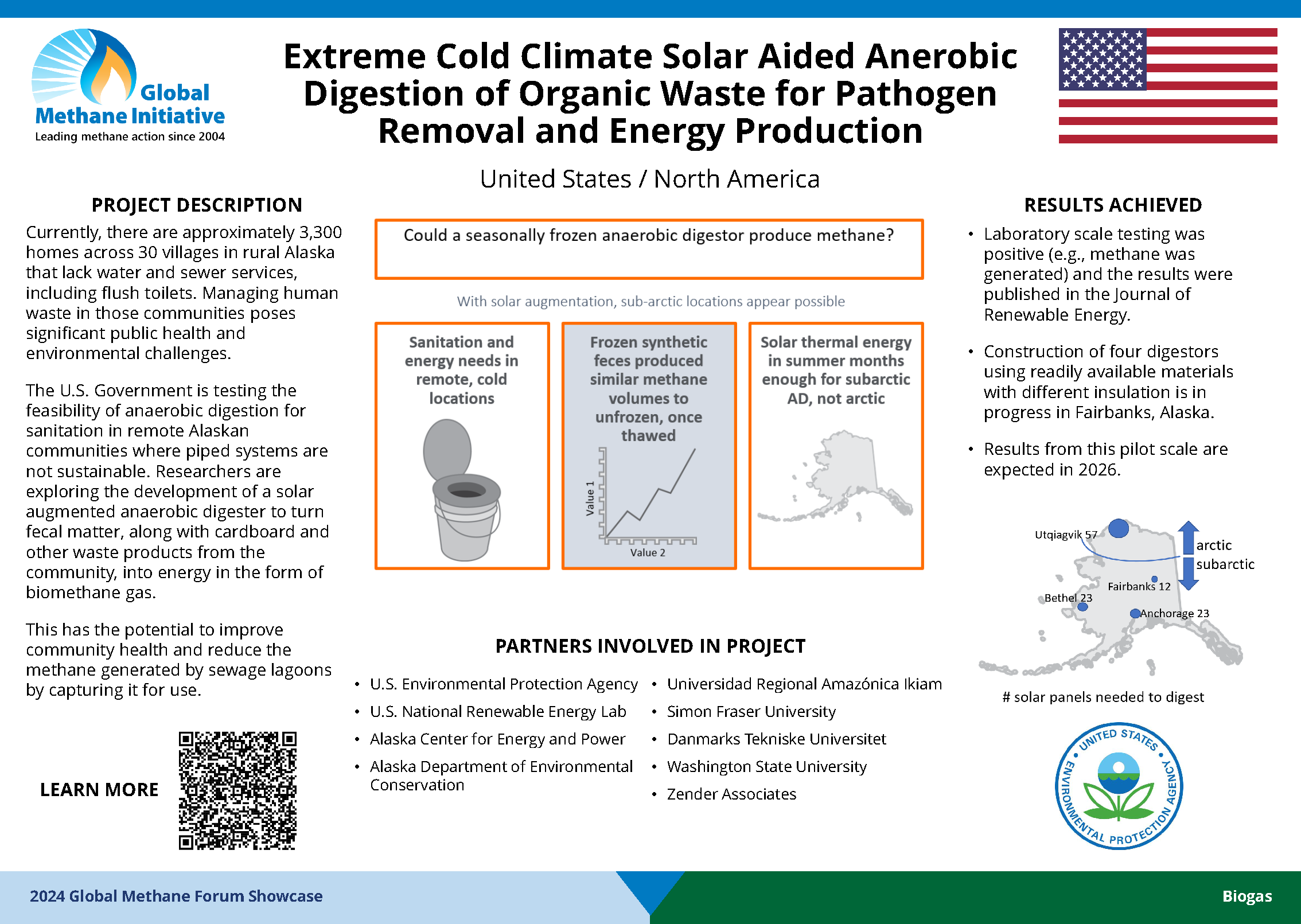
|
Extreme Cold Climate Solar Aided Anerobic Digestion of Organic Waste for Pathogen Removal and Energy Production
United States
The United States Government is testing the feasibility of anaerobic digestion for sanitation in remote Alaskan Communities where piped systems are not sustainable. Reseachers are exploring the development of a solar augmented anaerobic digester to turn fecal matter, along with cardboard and other waste products from the community, into energy in the form of biomethane gas. Four digesters are being constructed using different insulation and the results from this pilot are expected in 2026.
Case study details
|
Biogas
|
Government/Policy;Wastewater
|
United States
| 2023 |
Methane Action Showcase
|
Poster
|
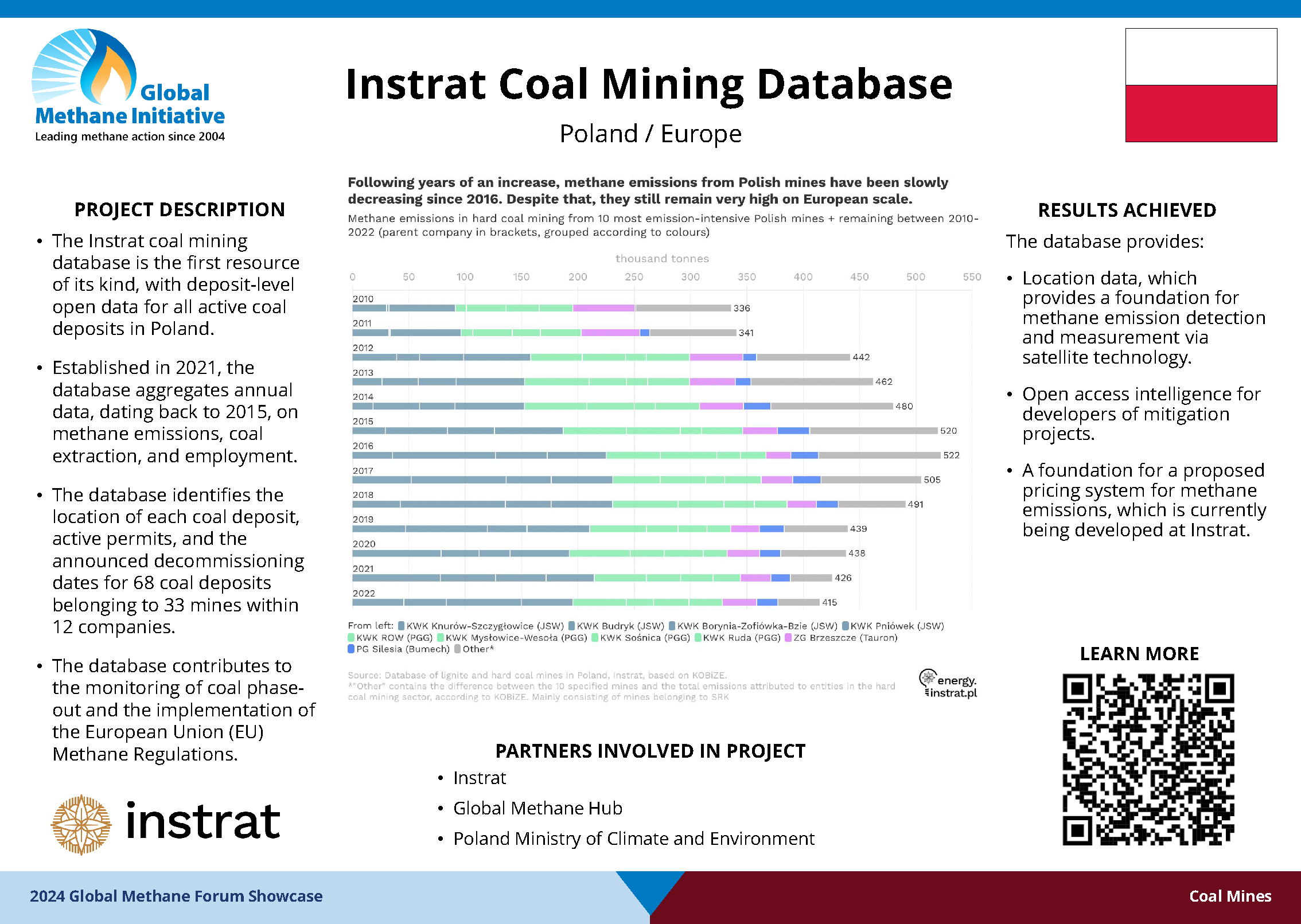
|
Instrat Coal Mining Database
Poland
The Instrat coal mining database, established in 2021, aggregates annual data dating back to 2015 on methane emissions, coal extraction, and employment. The database provides location of coal deposits, active permits, open access intelligence for developers of mitigation projects, and a foundation for a proposed pricing system for methane emissions.
Case study details
|
Coal Mines
|
Data/Research;Finance
|
Poland
| 2021 |
Methane Action Showcase
|
Poster
|
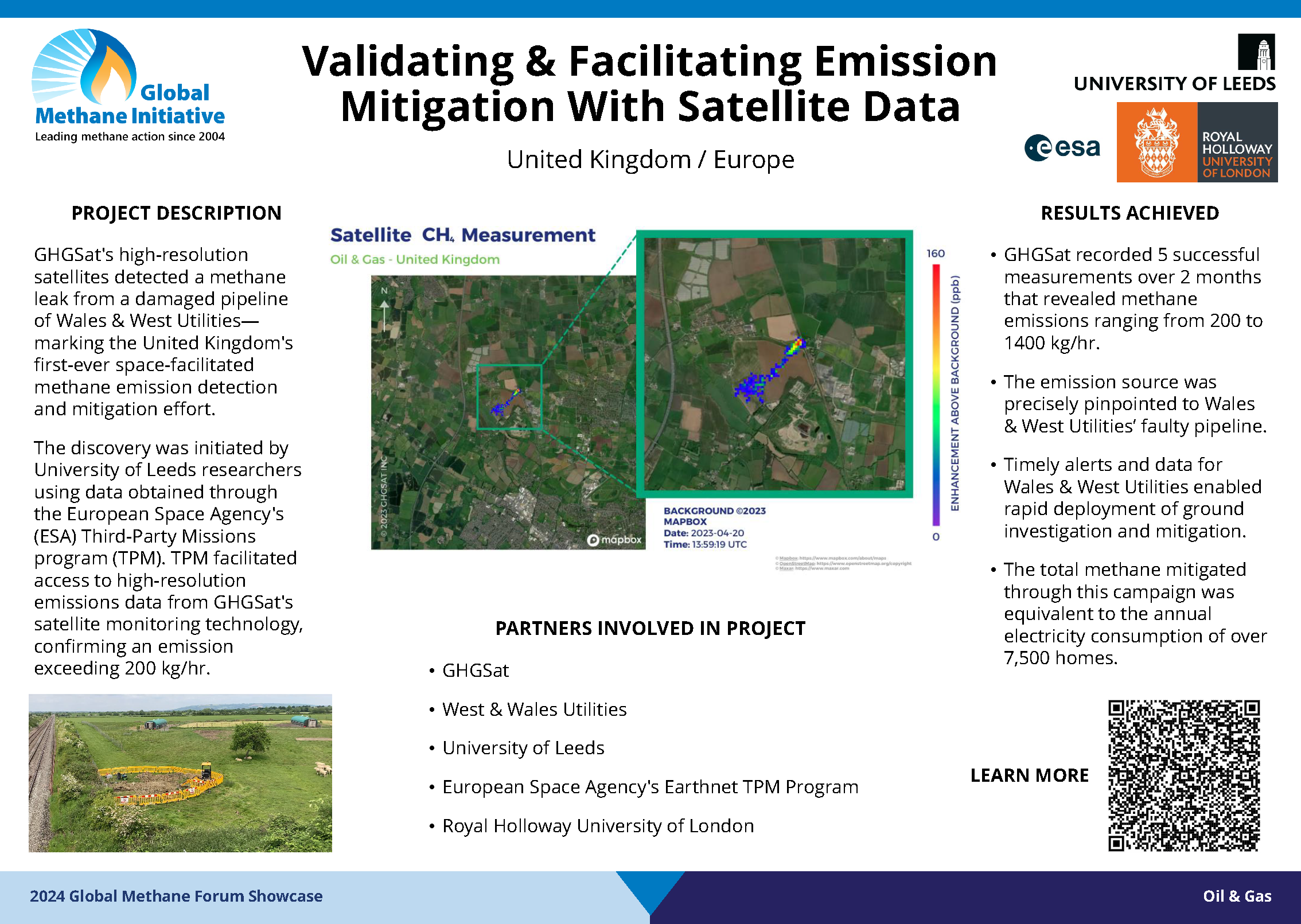
|
Validating & Facilitating Emission Mitigation With Satellite Data
United Kingdom
GHGSat's high-resolution satellites detected a methane leak from a damaged pipeline marking the United Kingdom's first-ever space-facilitated methane emission detection and mitigation effort. GHGSat recorded 5 successful measurements over 2 months that revealed the emission source was precisely pinpointed to a faulty pipeline. The total methane mitigated through this campaign was equivalent to the annual electricity consumption of over 7,500 homes.
Case study details
|
Oil & Gas
|
Data/Research;Local Action
|
United Kingdom
| 2023 |
Methane Action Showcase
|
Poster
|
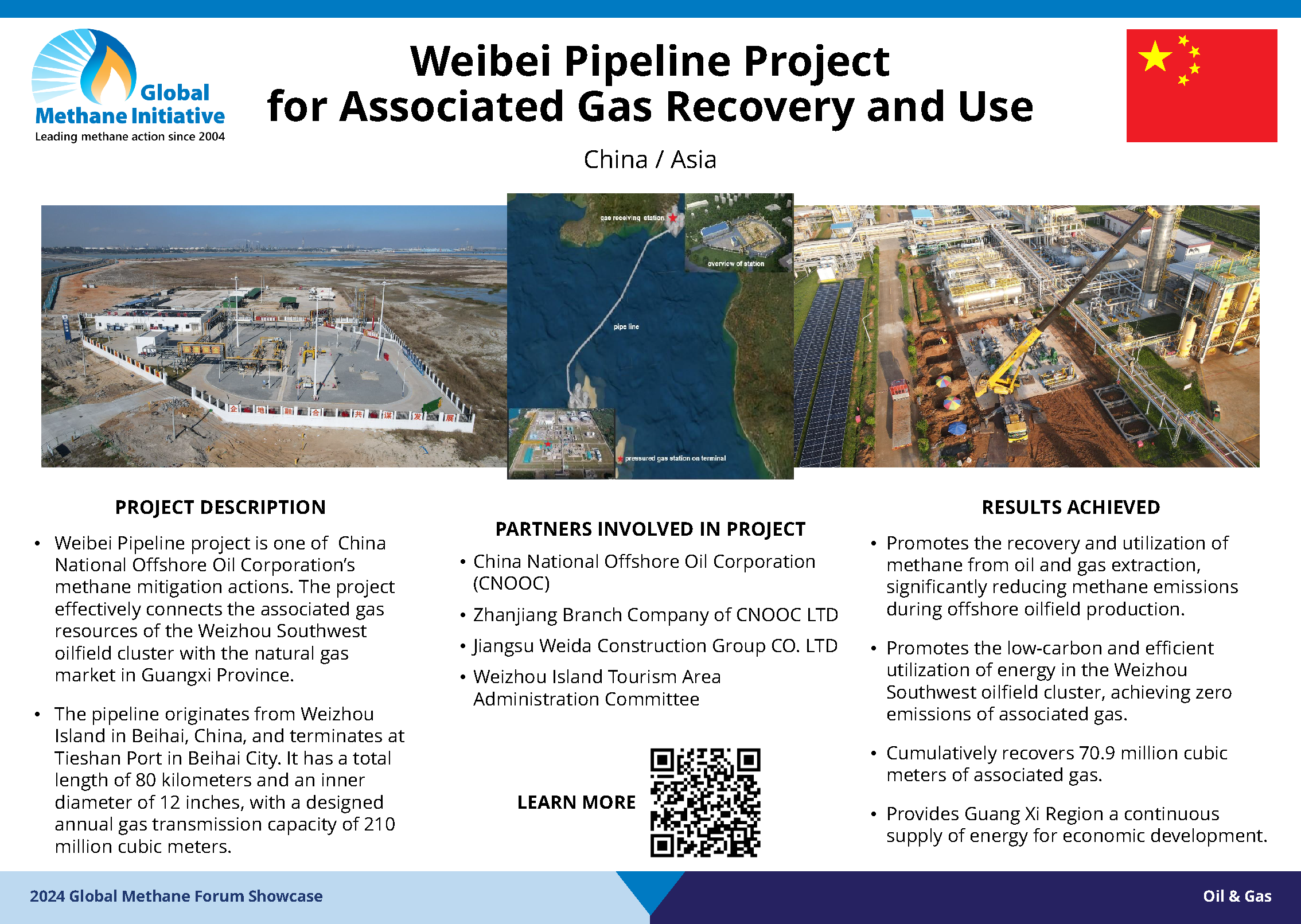
|
Weibei Pipeline Project for Associated Gas Recovery and Use
China
The Weibei Pipeline project effectively connects the associated gas resources of the Weizhou Southwest oilfield cluster with the natural gas market in Guangxi Province. The project promotes the recovery and utilization of methane from oil and gas extraction, significantly reducing methane emissions during offshore oilfield production. Additionally, it promotes the low-carbon and efficient utilization of energy, recovers 70.9 million cubic meters of associated gas, and provides the Guang Xi Region a continuous supply of energy for economic development.
Case study details
|
Oil & Gas
|
Local Action
|
China
| 2022 |
Methane Action Showcase
|
Poster
|
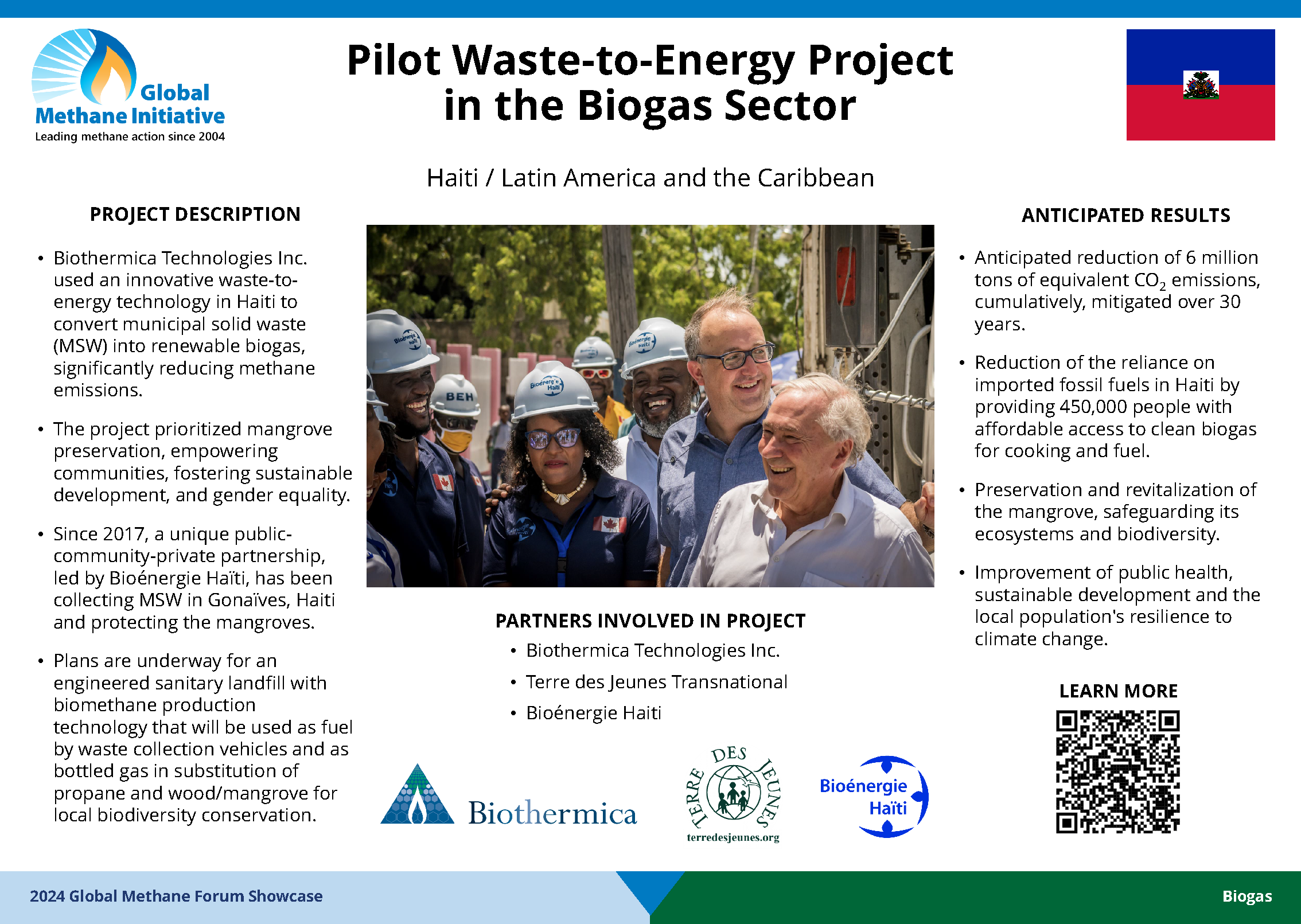
|
Pilot Waste-to-Energy Project in the Biogas Sector
Haiti
Biothermica Technologies Inc. used an innovative waste-to-energy technology in Haiti to convert municipal solid waste into renewable biogas, significantly reducing methane emissions. Plans are underway for an engineered sanitary landfill with biomethane production technology that will be used as fuel by waste collection vehicles and as bottled gas in substitution of propane and wood/mangrove for local biodiversity conservation. The project anticipates reduction of 6 million tons of equivalent CO2 emissions over 30 years, a reduction of the reliance of imported fossil fuels, and health improvements within the local population.
Case study details
|
Biogas
|
Local Action;Wastewater
|
Haiti
| 2017 |
Methane Action Showcase
|
Poster
|
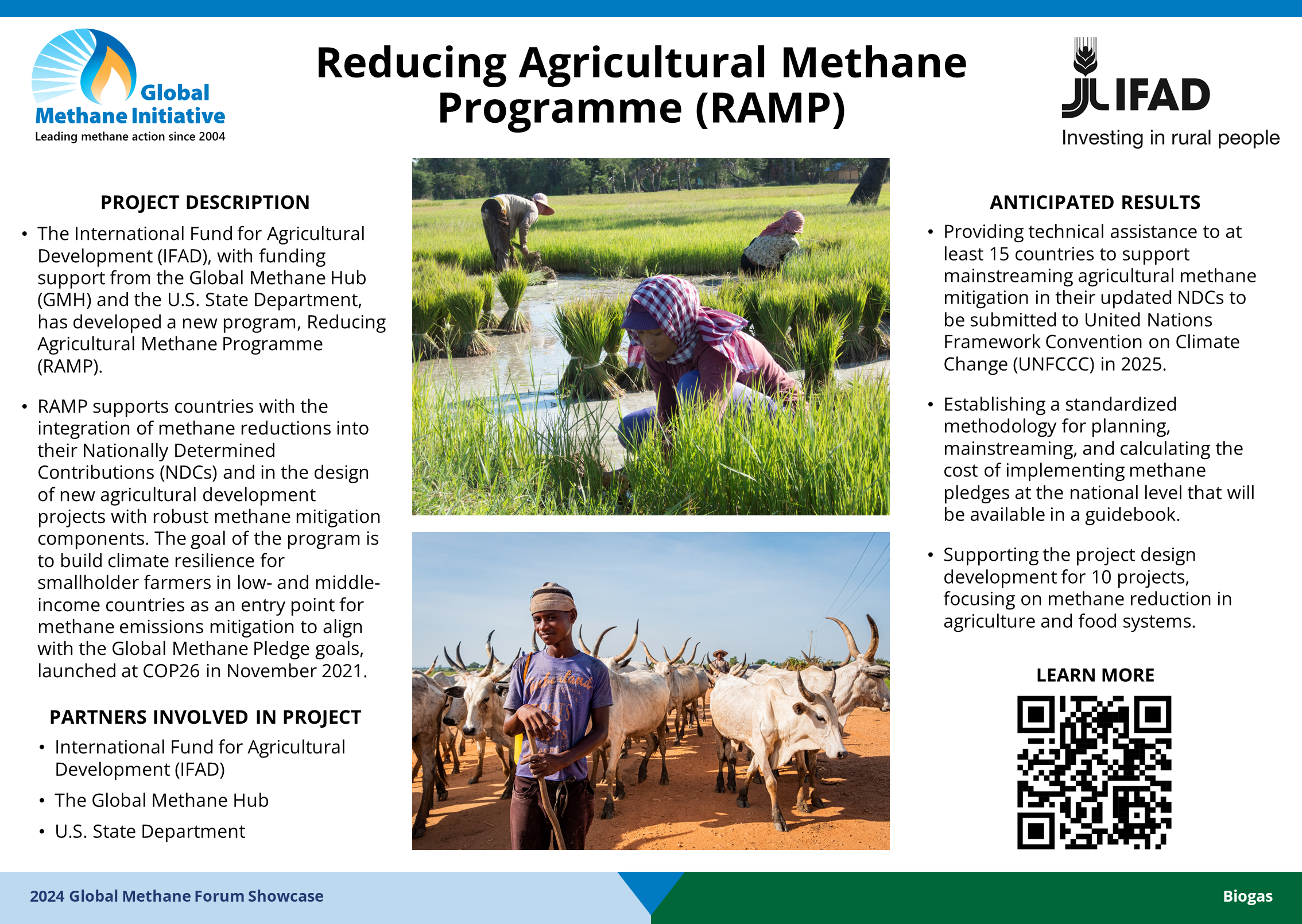
|
Reducing Agricultural Methane Programme (RAMP)
N/A
The Reducing Agricultural Methane Programme (RAMP) supports countries with the integration of methane reductions into their nationally determined contributions (NDCs) and in the design of new agricultural development projects with robust methane mitigation components. The goal is to build climate resilience for smallholder farmers as an entry point for methane emissions mitigation to align with Global Methane Pledge goals. The project aims to provide technical assistance to at least 15 countries to support mainstreaming agricultural methane mitigation in their updated NDCs for the United Nations Framework Convention on Climate Change (UNFCCC) in 2025. Additionally, it intends to establish a standardized methodology at the national level for a guidebook and support the project design for 10 projects focused on methane reduction in agriculture and food systems.
Case study details
|
Biogas
|
Government/Policy;National Action Planning
|
N/A
| 2021 |
Methane Action Showcase
|
Poster
|
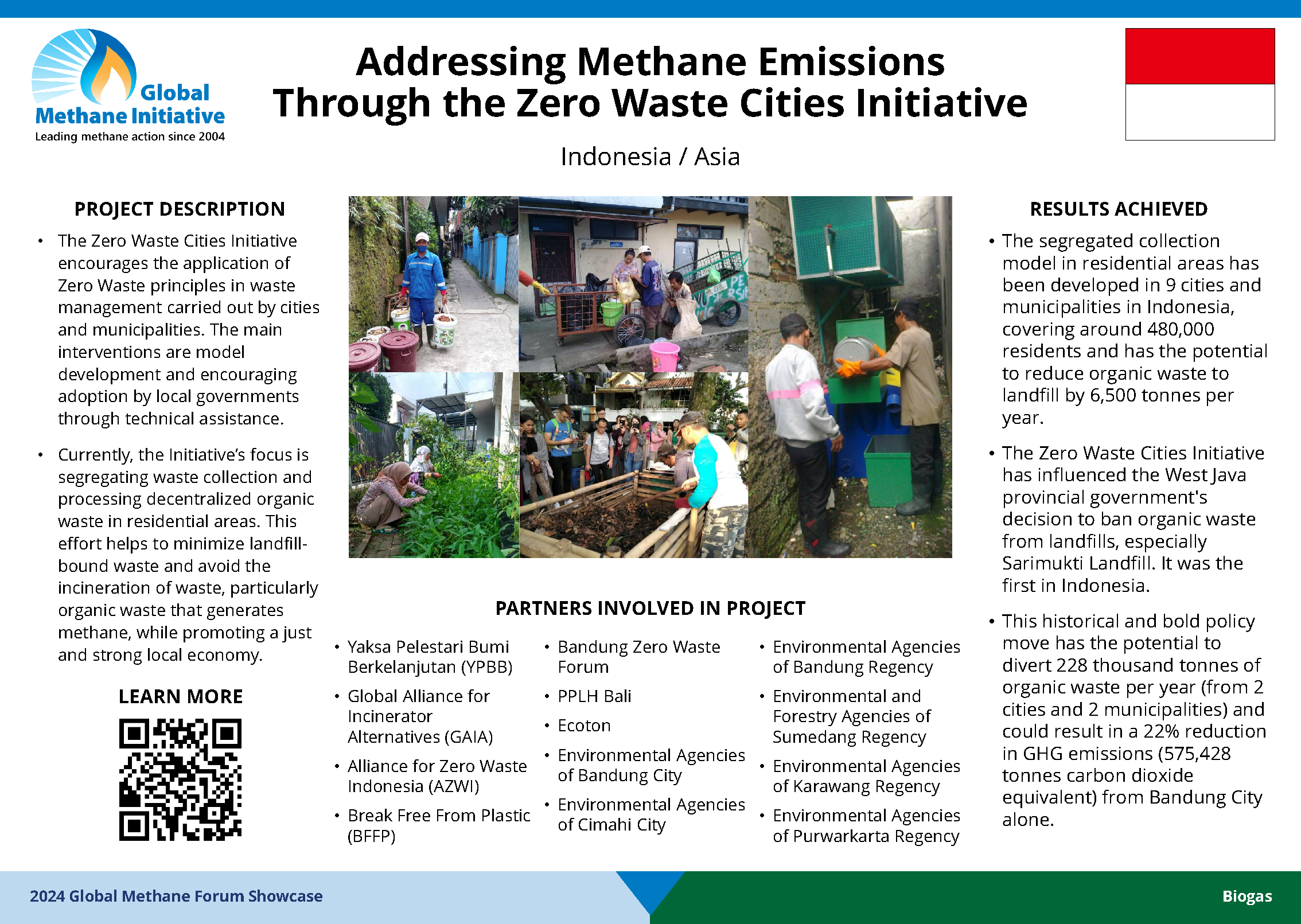
|
Addressing Methane Emissions Through the Zero Waste Cities Initiative
Indonesia
The Zero Waste Cities Initiative is focused on segregating waste collection and processing decentralized organic waste in residential areas. This effort helps to minimize landfill-bound waste and avoid incineration of waste while promoting the local economy. The segregated collection model has been developed in 9 cities and municipalities in Indonesia, covering about 480,000 residents and has the potential to reduce organic waste to landfill by 6,500 tonnes per year. The Initiative influenced the West Java provincial government's decision to ban organic waste in landfills. This policy change has the potential to result in a 22% reduction in greenhouse gas emissions from Bandung City alone.
Case study details
|
Biogas
|
Local Action;Wastewater
|
Indonesia
| 2016 |
Methane Action Showcase
|
Poster
|
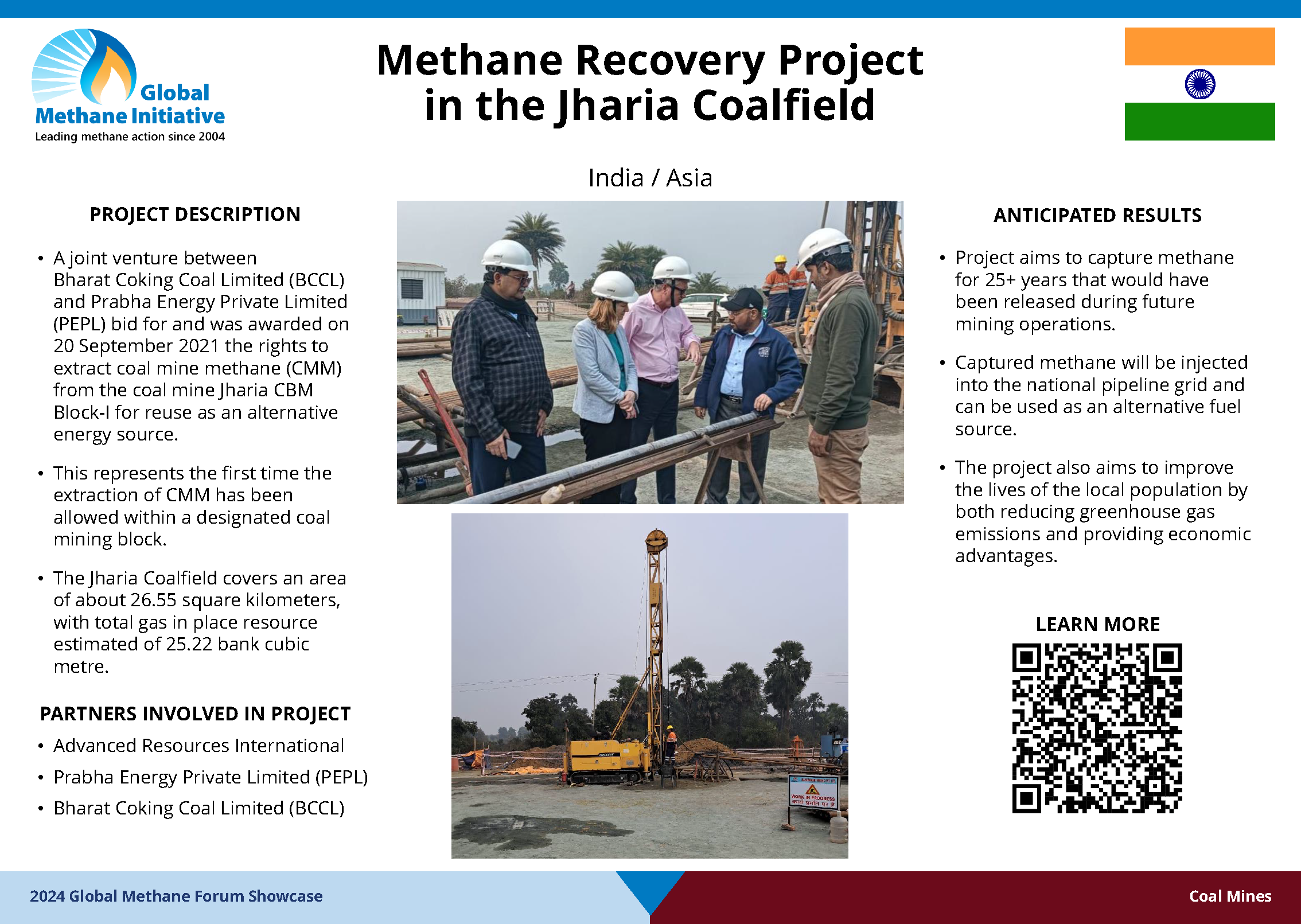
|
Methane Recovery Project in the Jharia Coalfield
India
A joint venture bid was awarded for the rights to extract coal mine methane from the coal mine Jharia CBM Block-I for reuse as an alternative source. The project aims to capture methane for 25+ years. The methane will then be injected into the national pipeline grid and can be used as an alternative energy source. Lives of the local population should be improved by both reducing greenhouse gas emissions and providing economic advantages.
Case study details
|
Coal Mines
|
Industry/Technology
|
India
| 2024 |
Methane Action Showcase
|
Poster
|
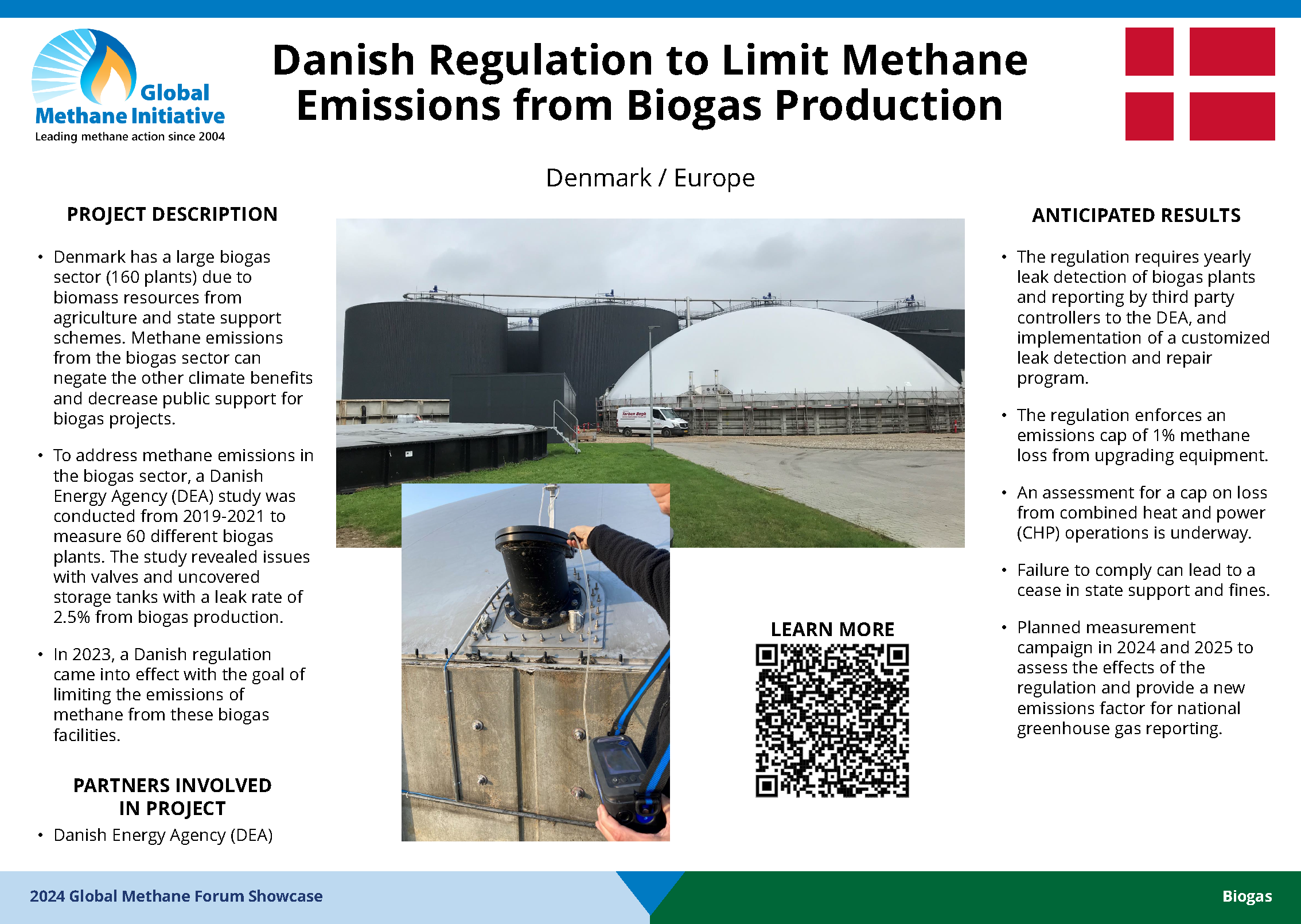
|
Danish Regulation to Limit Methane Emissions from Biogas Production
Denmark
A Danish Energy Agency study was conducted from 2019-2021 to measure methane emissions in 60 biogas plants. The study revealed a leak rate of 2.5% from biogas production. In 2023, a Danish regulation was implemented with the goal of limiting emissions of methane from biogas plants. The regulation requires annual leak detection, reporting, and implementation of a customized leak detection and repair program. It also enforces an emissions cap of 1% methane loss from upgrading equipment. Measurement campaigns in 2024 and 2025 are planned to assess the effects of the regulation and provide a new emissions factor for national greenhouse gas reporting.
Case study details
|
Biogas
|
Government/Policy
|
Denmark
| 2023 |
Methane Action Showcase
|
Poster
|
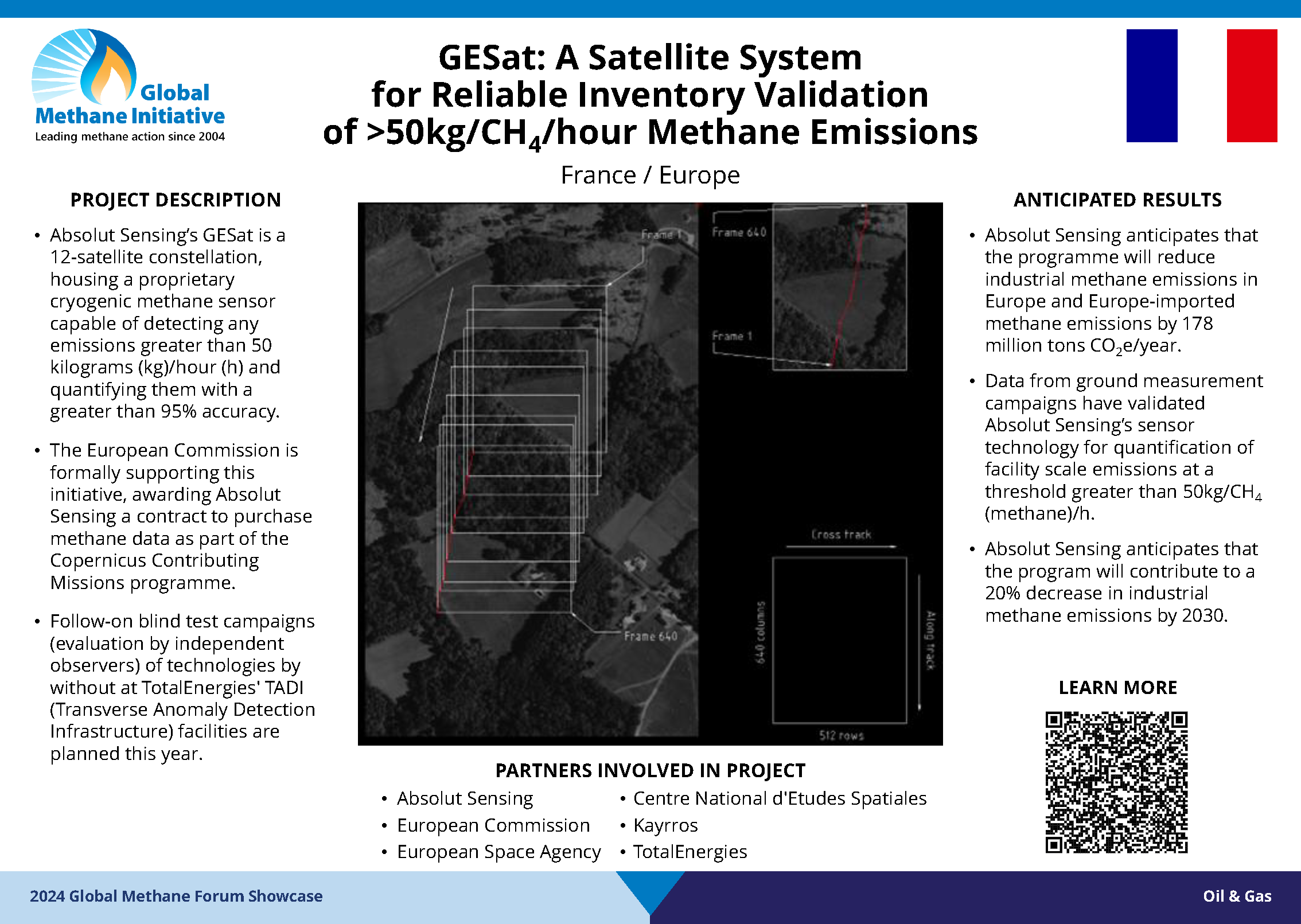
|
GESat: A Satellite System for Reliable Inventory Validation of >50kg/CH4/hour Methane Emissions
France
The European Commission awarded Absolut Sensing a contract to purchase methane data as part of the Copernicus Contributing Missions Programme. Absolut Sensing anticipates that the programme will reduce industrial methane emissions in Europe and Europe-imported methane emissions by 178 million tons CO2e/year. Data from ground measurement campaigns have validated the sensor technology for quantification of facility scale emissions and it is anticipated that the program will contribute to a 20% decrease in industrial methane emissions by 2030.
Case study details
|
Oil & Gas
|
Industry/Technology
|
France
| 2023 |
Methane Action Showcase
|
Poster
|
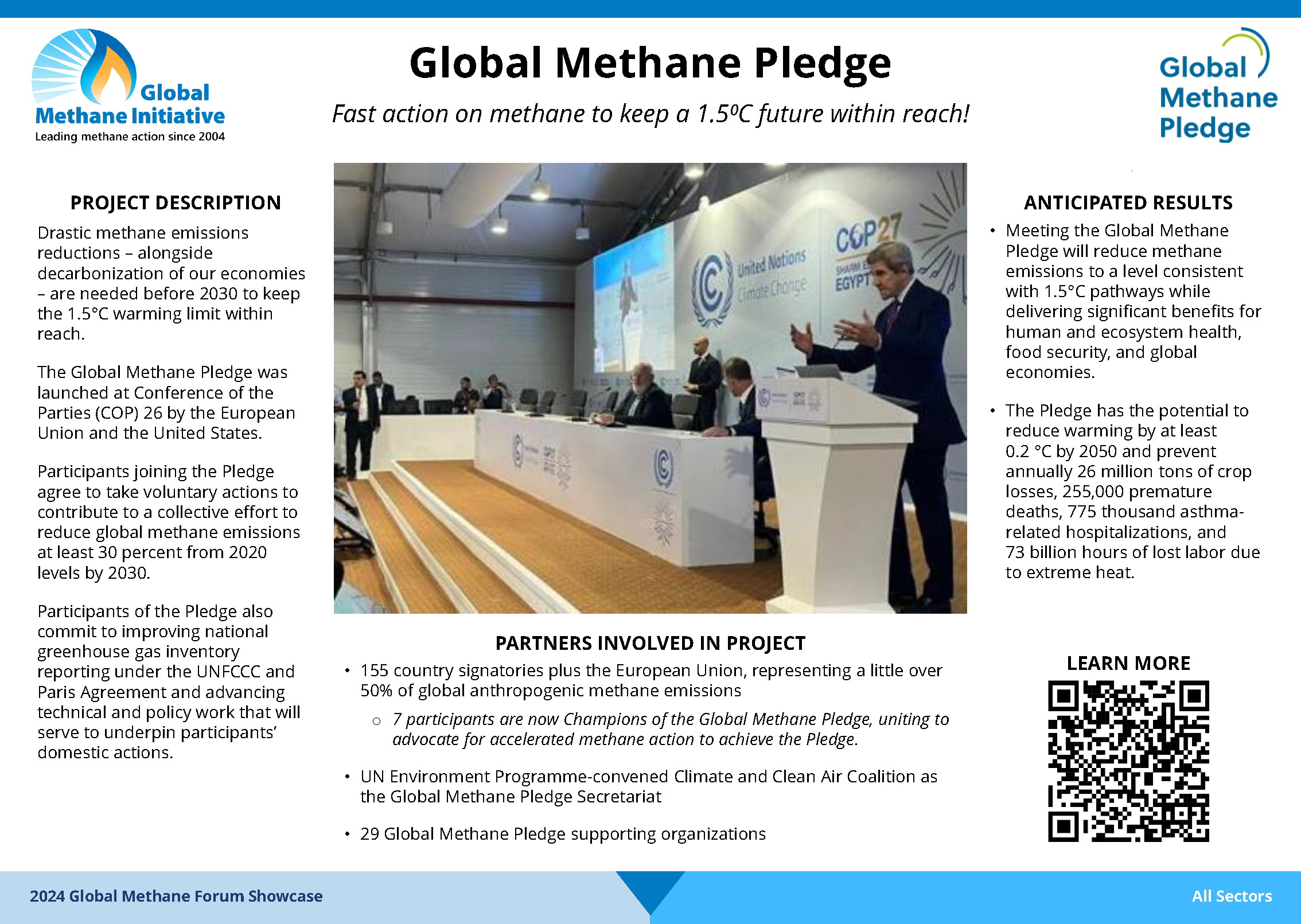
|
Global Methane Pledge
International
The Global Methane Pledge was launched in 2021 by the European Union and the United States. The Pledge is represented by 155 countries (as of March 2024). Meeting the Global Methane Pledge will reduce methane emissions to a level consistent with 1.5˚C pathways while delivering significant benefits for human and ecosystem health, food security, and global economies. The Pledge has the potential to reduce warming by 0.2˚C by 2050 and to prevent numerous losses of food, human life, and labor.
Case study details
|
Biogas;Coal Mines;Oil & Gas
|
Government/Policy
|
International
| 2022 |
Methane Action Showcase
|
Poster
|
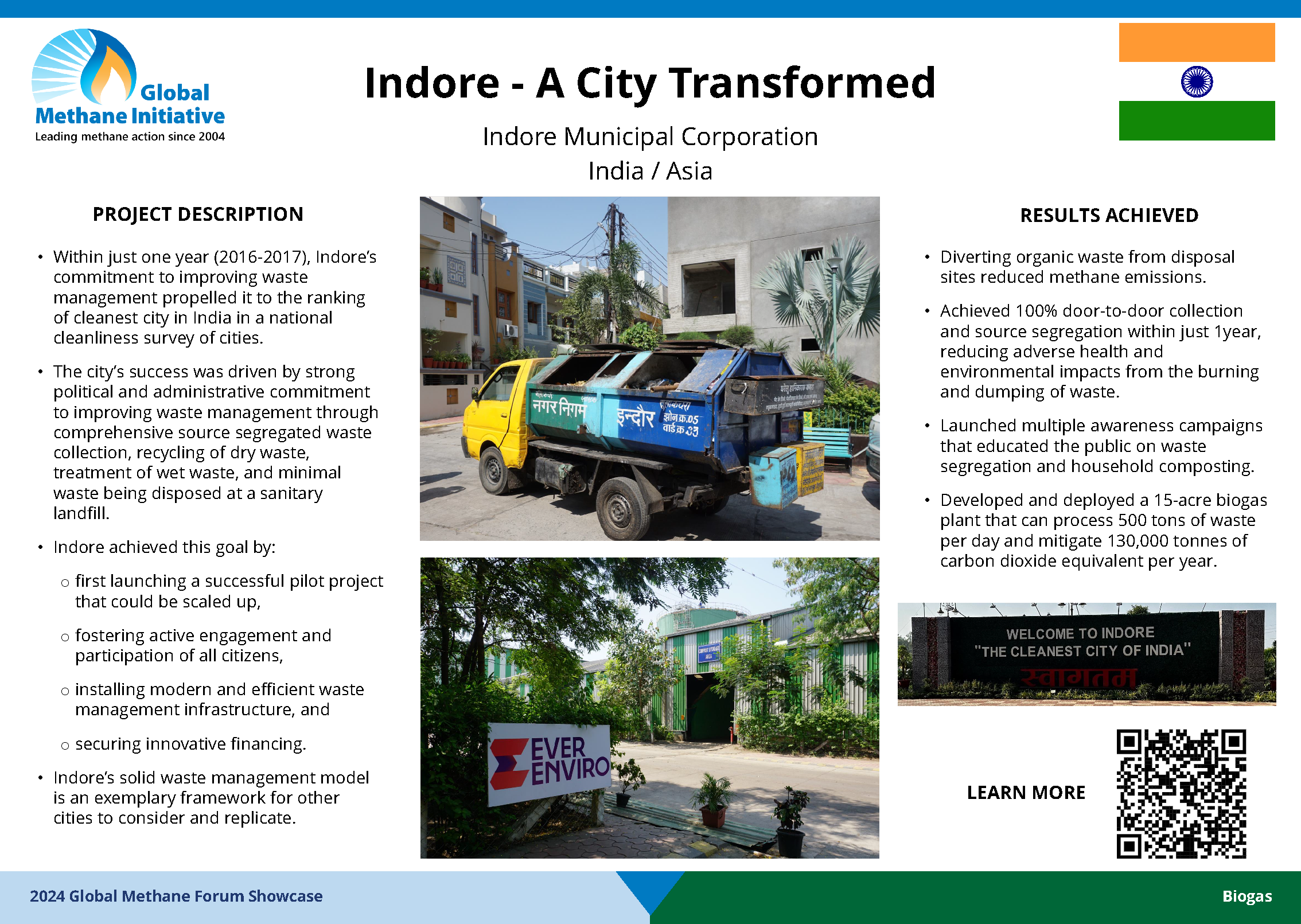
|
Indore - A City Transformed
India
The city of Indore was driven to success by strong political and administrative commitment to improving waste management through comprehensive source segregated waste collection, recycling of dry waste, treatment of wet waste, and minimal waste being disposed at a sanitary landfill. The city launched multiple awareness campaigns that educated the public on waste segregation and household composting and implemented a 15-acre biogas plant that can process 500 tons of waste per day and mitigate 130,000 tonnes of carbon dioxide equivalent per year. Within one year (2016-2017), Indore was ranked the cleanest city in India in a national cleanliness survey of cities.
Case study details
|
Biogas
|
Local Action
|
India
| 2016 |
Methane Action Showcase
|
Poster
|
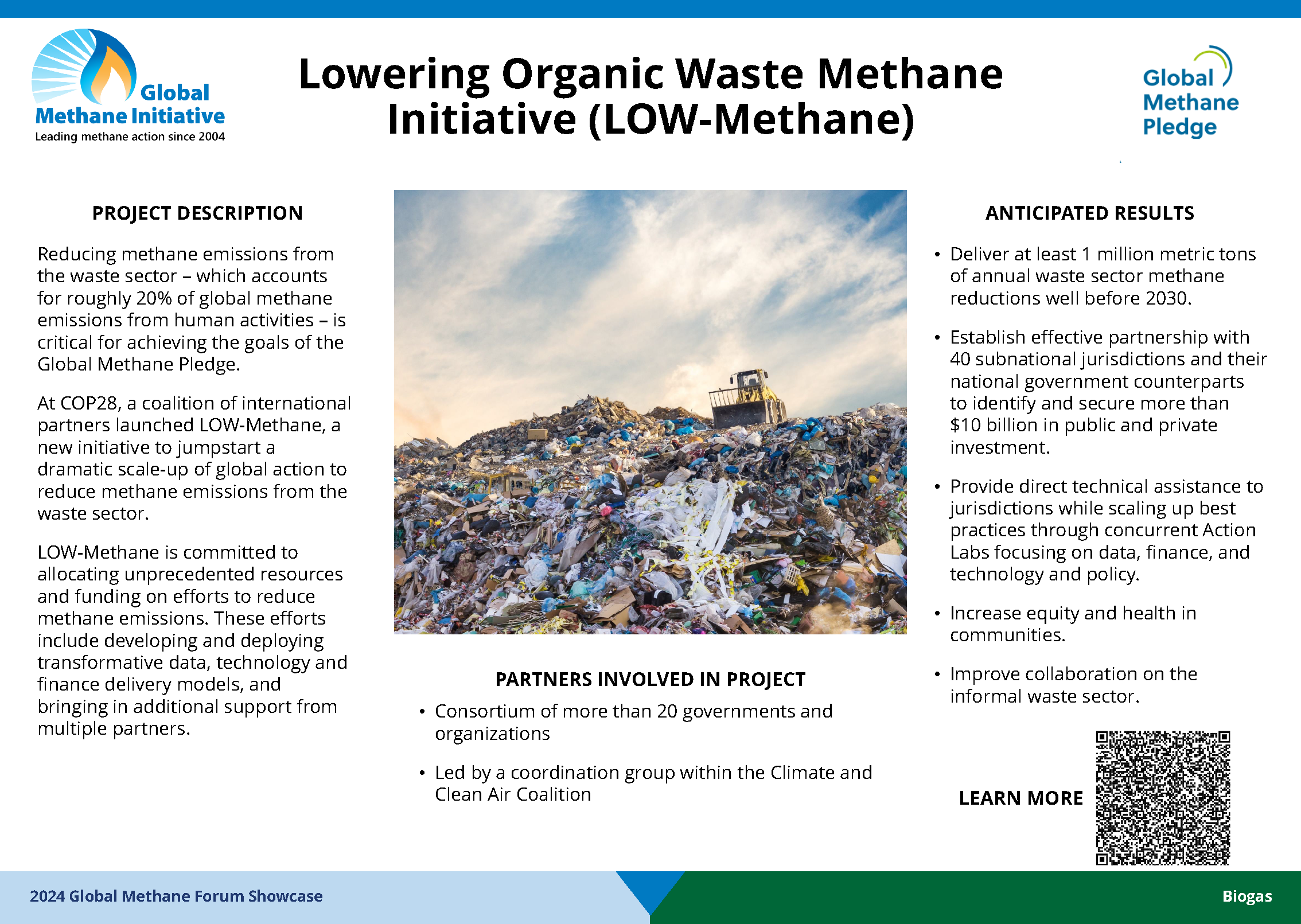
|
Lowering Organic Waste Methane Initiative (LOW-Methane)
International
The LOW-Methane Initiative aims to achieve a dramatic scale-up of global action to reduce methane emissions from the waste sector. The initiative intends to deliver at least 1 million metric tons of annual waste sector methane reductions before 2030 and establish effective partnerships with subnational and national governments to secure more than $10 billion in public and private investment. Additionally, technical assistance will be provided while scaling up best practices through concurrent Action Labs focusing on data, finance, technology, and policy.
Case study details
|
Biogas
|
Government/Policy;Waste Management
|
International
| 2022 |
Methane Action Showcase
|
Poster
|
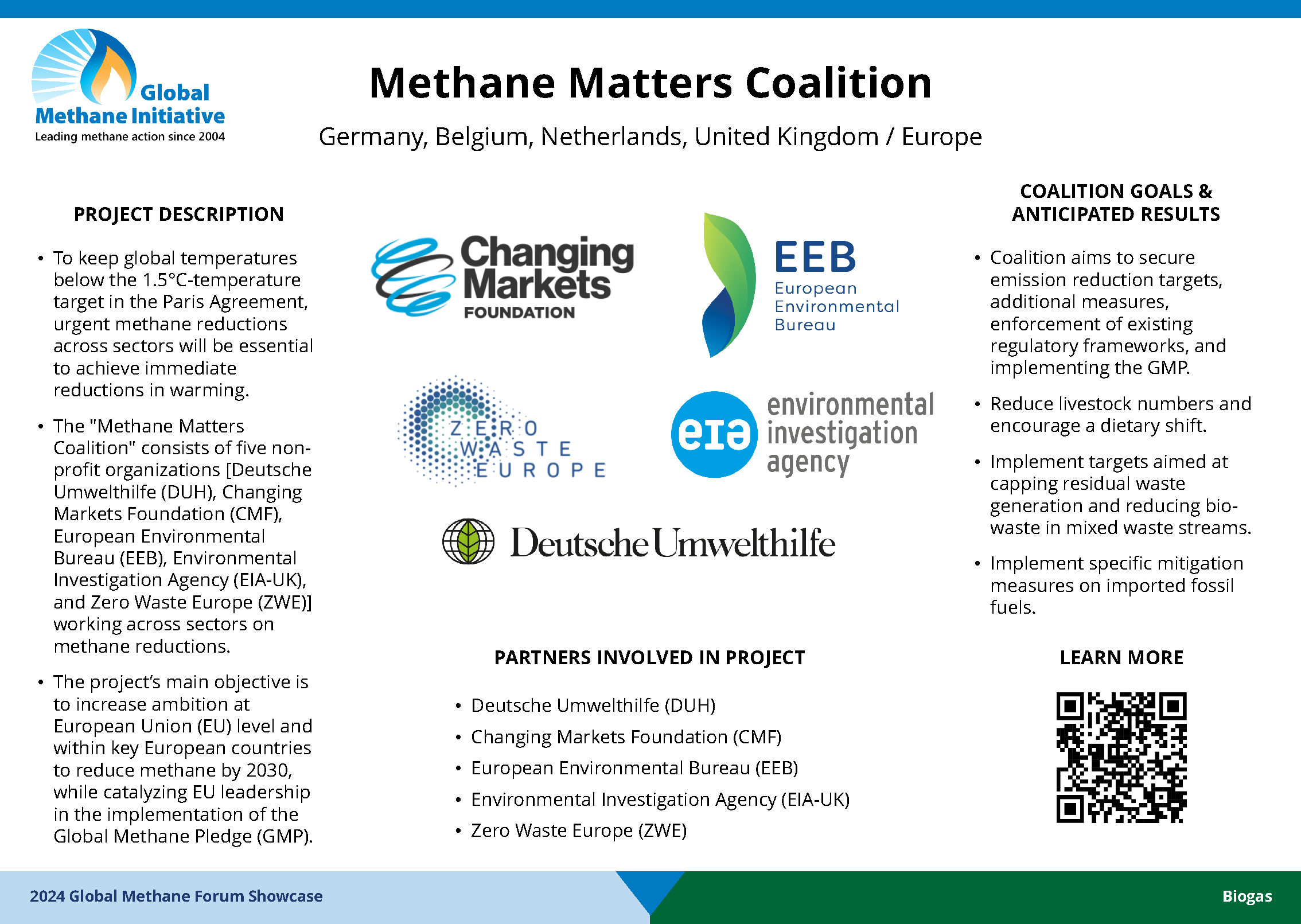
|
Methane Matters Coalition
Germany Belgium Netherlands United Kingdom
The Methane Matters Coalition consists of five non-profit organizations working across sectors on methane reductions. The main objective is to increase ambition at the European Union (EU) level and within European countries to reduce methane by 2030 while catalyzing EU leadership in the implementation of the Global Methane Pledge. The coalition aims to secure emission reduction targets, enforce existing regulatory frameworks, and implement targets focused on capping residual waste generation and reducing bio-waste in mixed waste streams. Reduction of livestock numbers to encourage a dietary shift and implementing mitigation measure on imported fossil fuels is also anticipated.
Case study details
|
Biogas
|
Government/Policy
|
Germany;Belgium;Netherlands;United Kingdom
| 2024 |
Methane Action Showcase
|
Poster
|
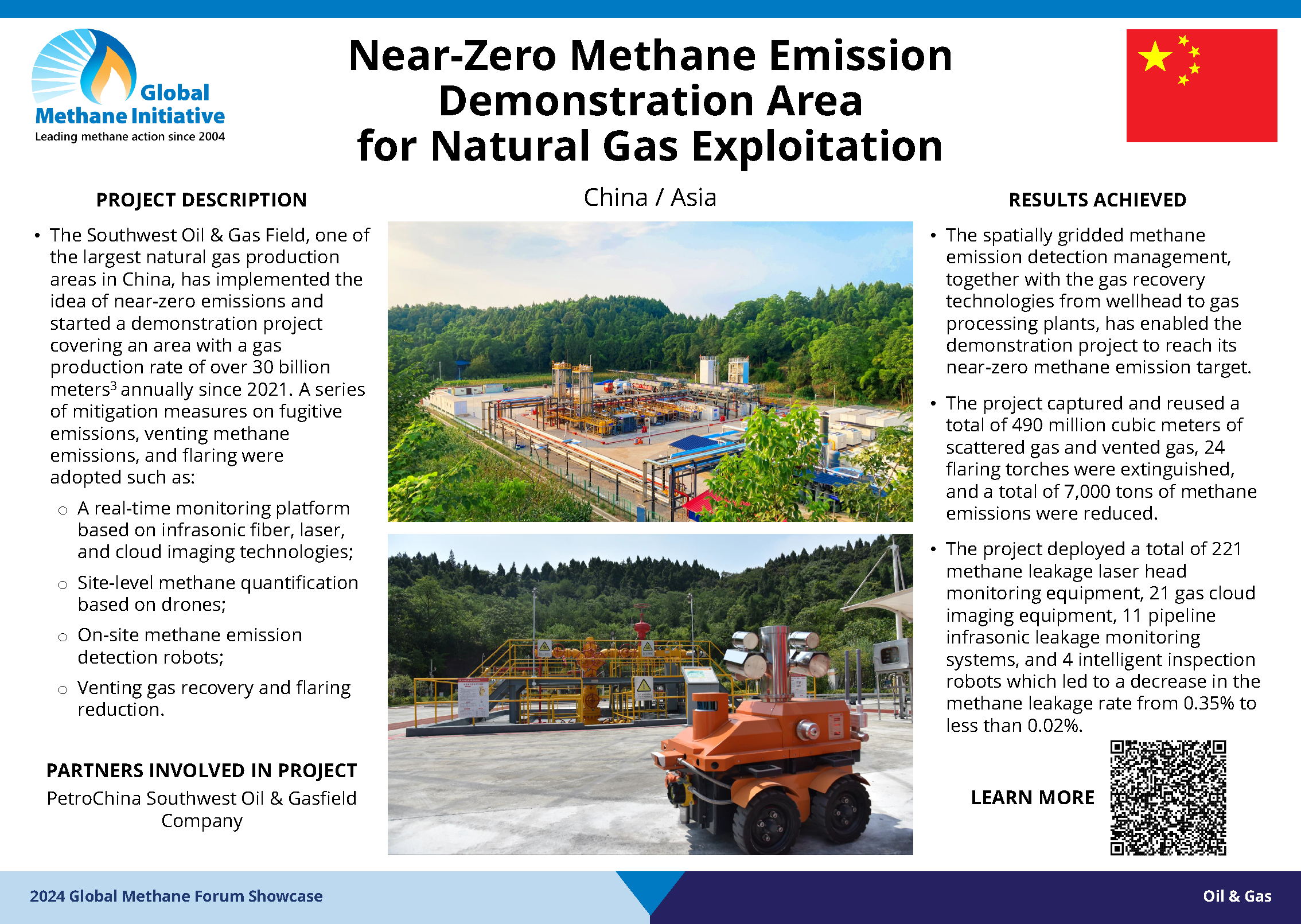
|
Near-Zero Methane Emission Demonstration Area for Natural Gas Exploitation
China
The Southwest Oil & Gas Field has adopted a series of mitigation measures on fugitive emissions, venting methane emissions, and flaring. The project captured and reused a total of 490 million cubic meters of scattered gas and vented gas, 24 flaring torches were extinguished, and a total of 7,000 tons of methane emissions were reduced. Additionally, the project deployed methane leakage laser head monitoring equipment, gas cloud imaging equipment, pipeline infrasonic leakage monitoring systems, and inspection robots. These deployments led to a decrease in the methane leakage rate from 0.35% to less than 0.02%.
Case study details
|
Oil & Gas
|
Industry/Technology
|
China
| 2021 |
Methane Action Showcase
|
Poster
|
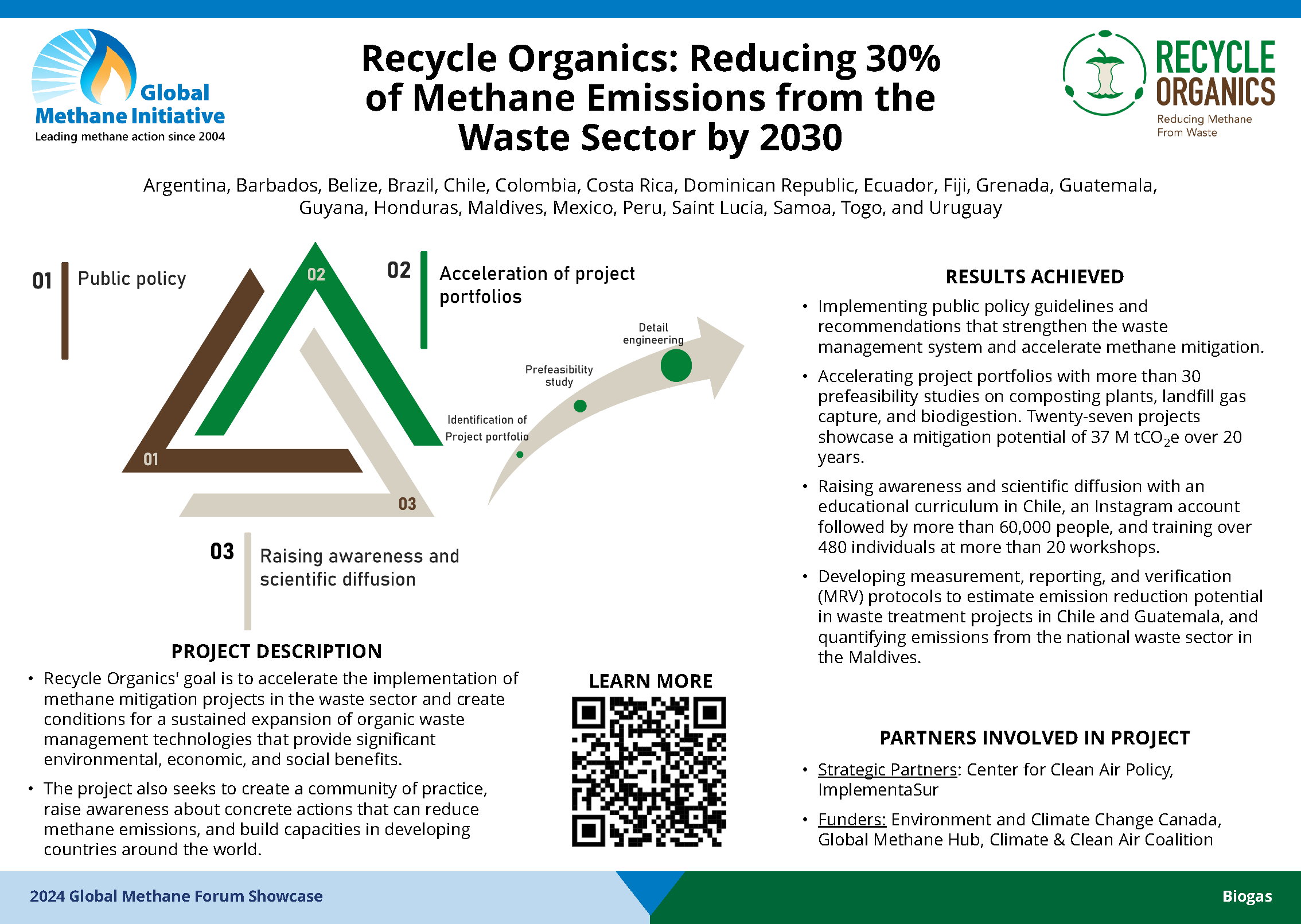
|
Recycle Organics: Reducing 30% of Methane Emissions from the Waste Sector by 2030
Argentina Barbados Belize Brazil Chile Colombia Costa Rica Dominican Republic Ecuador Fiji Grenada Guatemala Guyana Honduras Maldives Mexico Peru Saint Lucia Samoa Togo Uruguay
The goal of Recycle Organics is to accelerate the implementation of methane mitigation projects in the waste sector and create conditions for a sustained expansion of organic waste technologies. Public policy guidelines and recommendations that strengthened the waste management system and accelerated methane mitigation were implemented. The project raised awareness and scientific diffusion with an educational curriculum in Chile, the use of social media, and more than 20 workshops which trained over 480 individuals. Under the project, development of measurement, reporting, and verification protocols to estimate emission reduction potential in waste treatment projects and quantifying emissions from the national waste sector was done.
Case study details
|
Biogas
|
Government/Policy;Local Action
|
Argentina;Barbados;Belize;Brazil;Chile;Colombia;Costa Rica;Dominican Republic;Ecuador;Fiji;Grenada;Guatemala;Guyana;Honduras;Maldives;Mexico;Peru;Saint Lucia;Samoa;Togo;Uruguay
| 2017 |
Methane Action Showcase
|
Poster
|
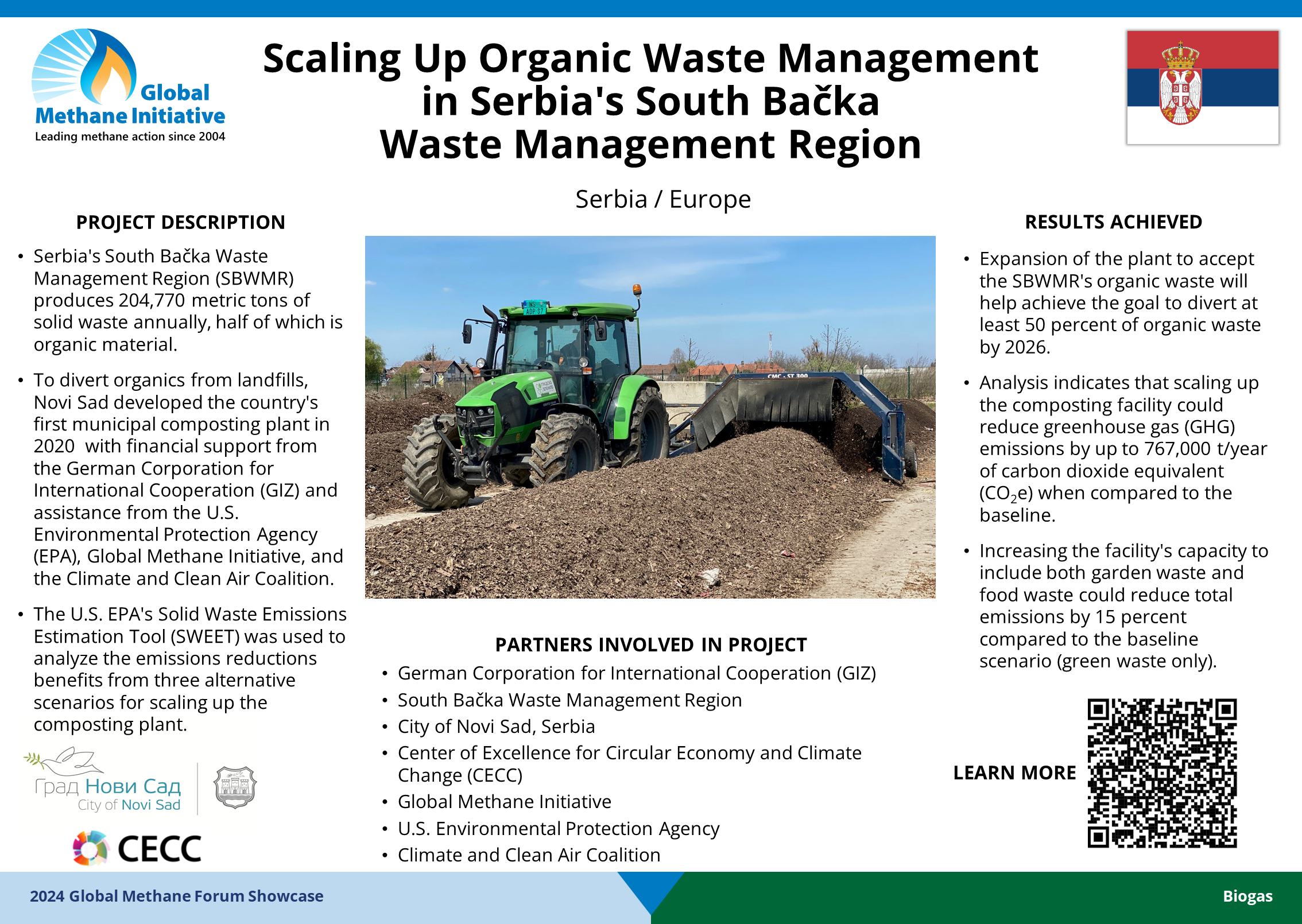
|
Scaling Up Organic Waste Management in Serbia's South Backa Waste Management Region
Serbia
To divert organics from landfills, Novia Sad developed the country's first municipal composting plant in 2020. The U.S. Environmental Protection Agnecy's Solid Waste Emissions Tool (SWEET) was used to analyze the emissions reductions benefits from three alternative scenarios for scaling up the composting plant. The expansion of the plant will help achieve the goal to divert at least 50% of organic waste by 2026 and could reduce greenhouse gas emissions by up to 767,000 t/year of carbon dioxide equivalent when compared to the baseline. Additionally, increasing the facility's capacity to include both garden waste and food waste could reduce total emissions by 15% compared to the baseline scenario.
Case study details
|
Biogas
|
Data/Research;Finance
|
Serbia
| 2020 |
Methane Action Showcase
|
Poster
|
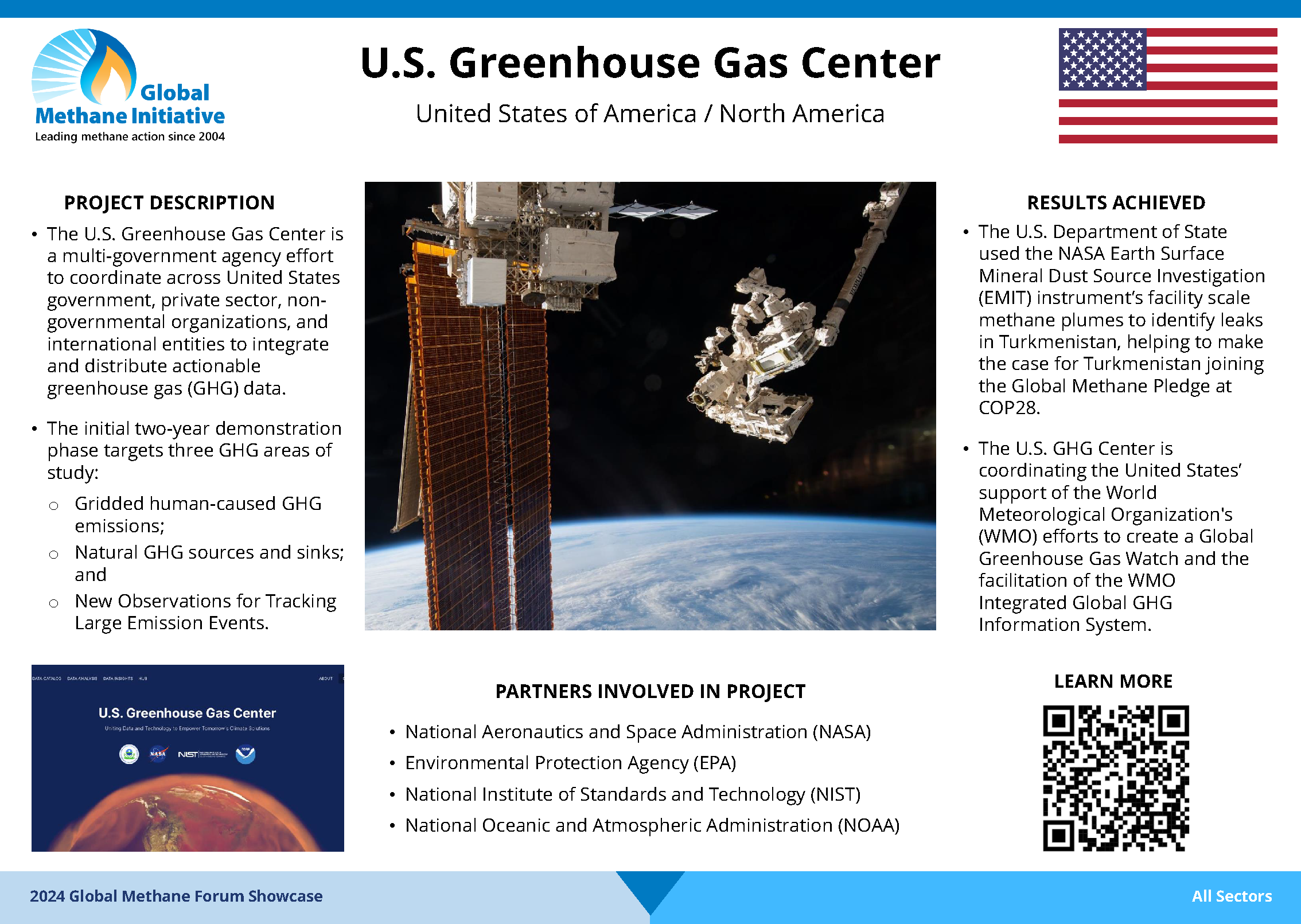
|
U.S. Greenhouse Gas Center
United States
The U.S. Greenhouse Gas Center is a multi-government agency effort to coordinate across the United States government, private sector, non-governmental organizations, and international entities to integrate and distribute actionable greenhouse gas (GHG) data. The initial 2-year demonstration phase targets three GHG areas of study: gridded human-caused GHG emissions; natural GHG sources and sinks; and new observations for tracking large emission events. The Center has already helped make the case for Turkmenistan to join the Global Methane Pledge and is coordinating U.S. support of the World Meteorological Organization's efforts to create a Global Greenhouse Gas Watch.
Case study details
|
Biogas;Coal Mines;Oil & Gas
|
Data/Research
|
United States
| 2023 |
Methane Action Showcase
|
Poster
|
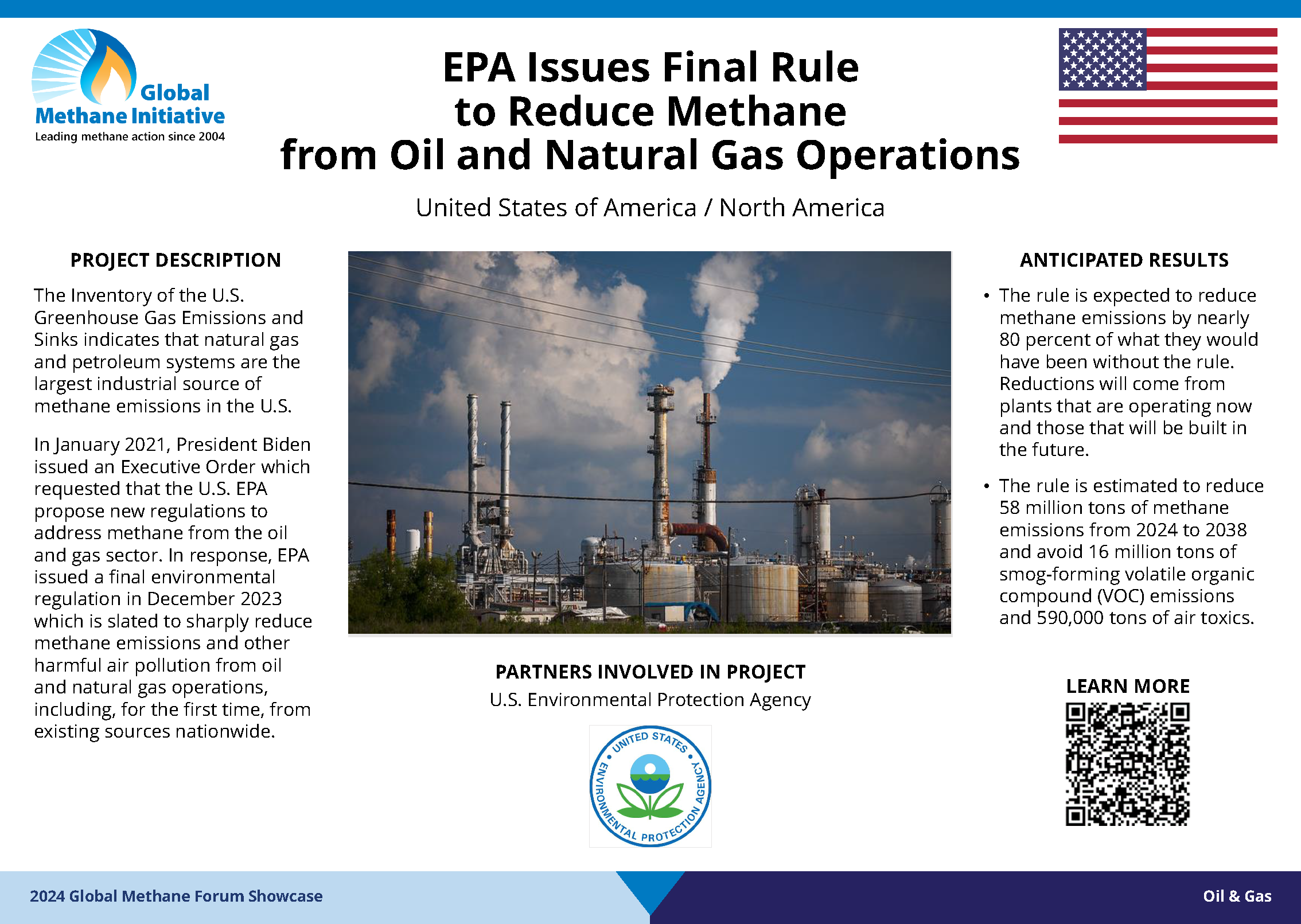
|
EPA Issues Final Rule to Reduce Methane from Oil and Natural Gas Operations
United States
The Inventory of the U.S. Greenhouse Gas Emissions and Sinks indicates that natural gas and petroleum systems are the largest industrial source of methane emissions in the United States. In 2023, the U.S. Environmental Protection Agency issued a final environmental regulation that is slated to sharply reduce methane emissions and other harmful air pollution from oil and natural gas operations, including from existing sources nationwide. The rule is expected to reduce methane emissions by nearly 80% of what they would have been without the rule. It is also estimated to reduce 58 million tons of methane emissions from 2024 to 2038 and avoid 16 million tons of smog-forming volatile organic compound emissions and 590,000 tons of air toxics.
Case study details
|
Oil & Gas
|
Government/Policy
|
United States
| 2024 |
Methane Action Showcase
|
Poster
|
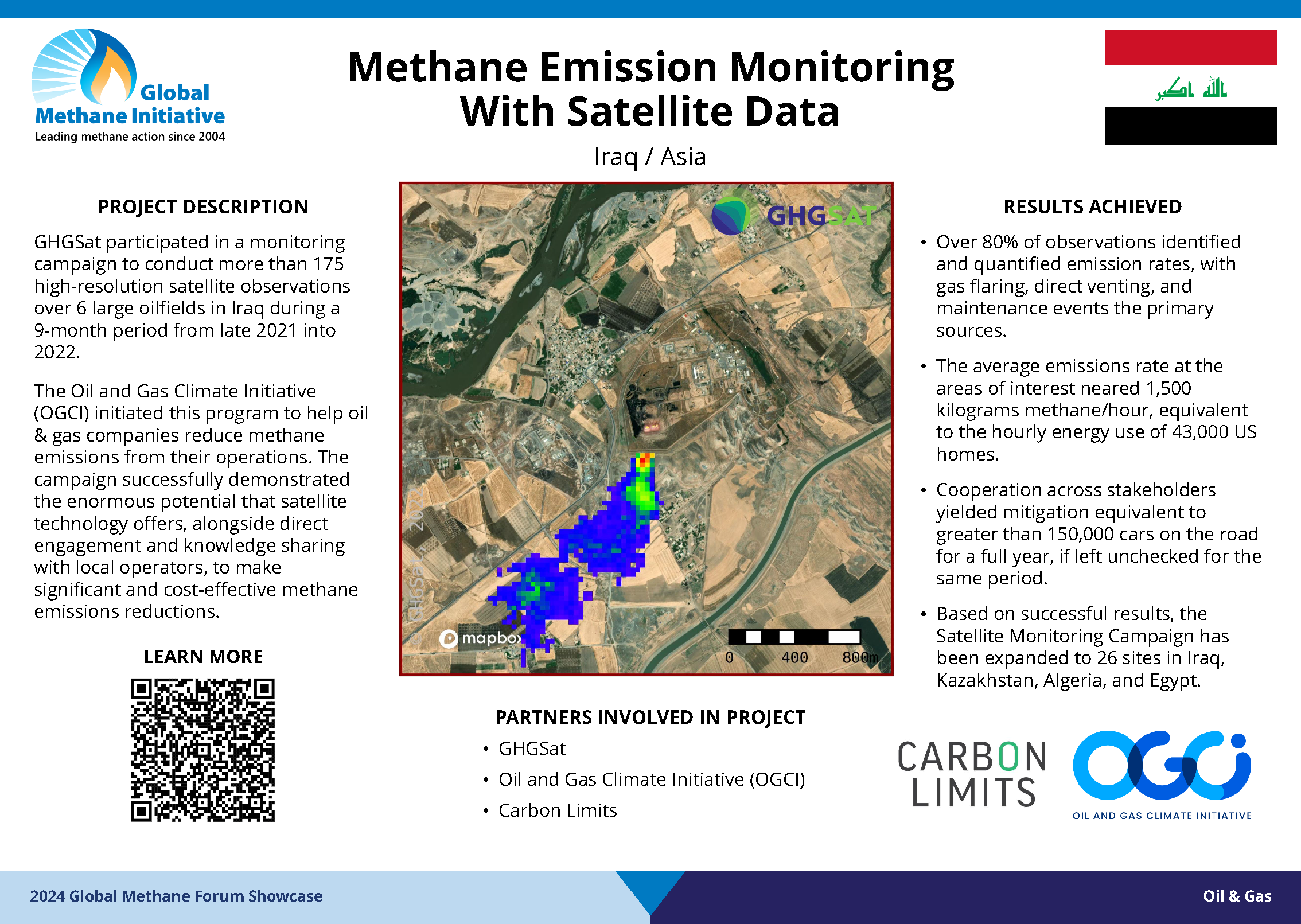
|
Methane Emission Monitoring With Satellite Data
Iraq
The Oil and Gas Climate Initiative (OGCI) started this program to help oil and gas companies reduce methane emissions from their operations. The campaign successfully demonstrated the enormous potential that satellite technology offers, alongside direct engagement and knowledge sharing with local operators, to make significant and cost-effective methane emissions reductions.
Case study details
|
Oil & Gas
|
Industry/Technology
|
Iraq
| 2021 |
Methane Action Showcase
|
Poster
|
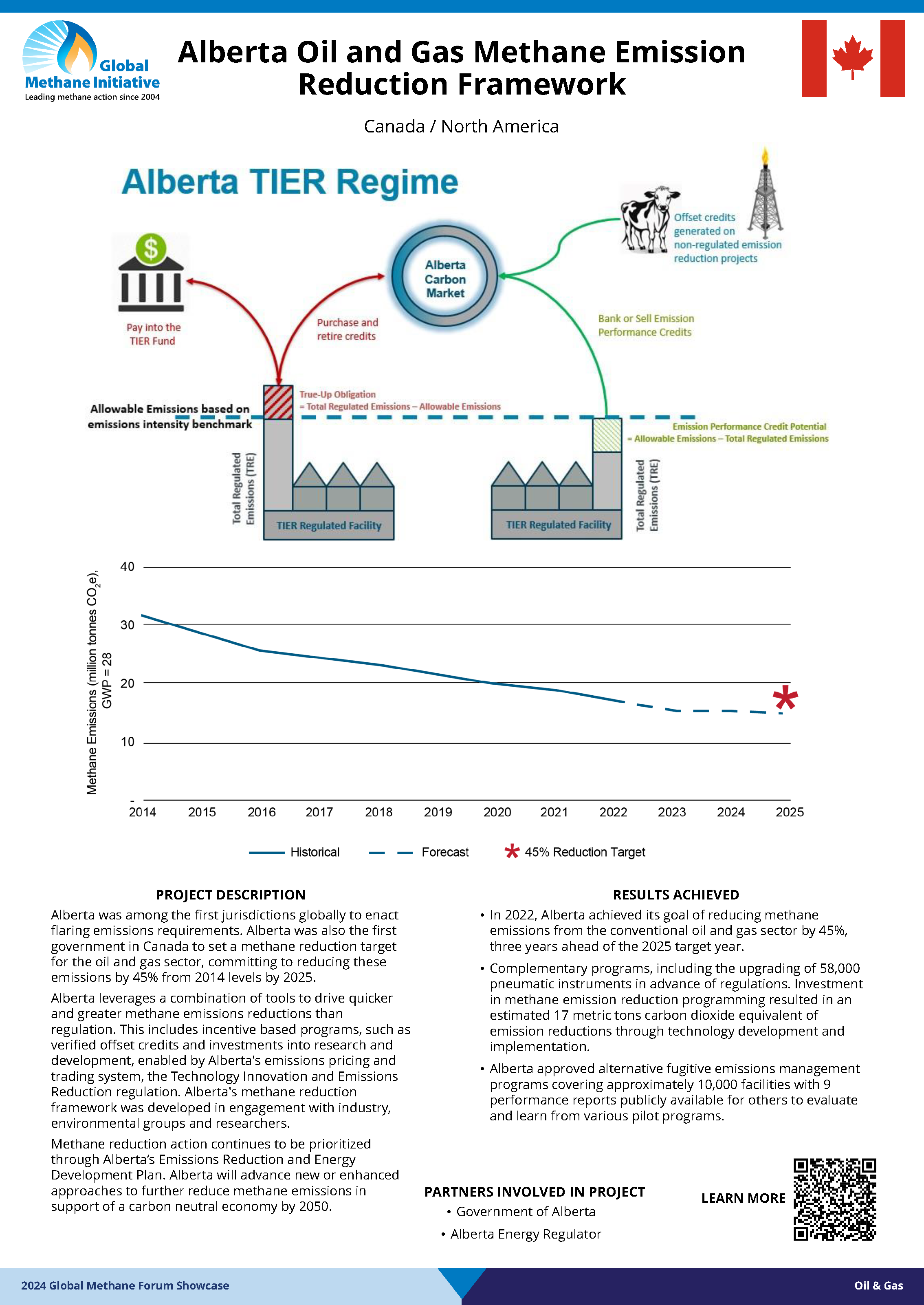
|
Alberta Oil and Gas Methane Emission Reduction Framework
Canada
Alberta was among the first jurisdictions globally to enact flaring emissions requirements. It was also the first government in Canada to set a methane reduction target for the oil and gas sector, committing to reducing these emissions by 45% from 2014 levels by 2025. In 2022, Alberta achieved its goal of reducing methane emissions from the conventional oil and gas sector by 45%, three years ahead of its 2025 target year. Methane reduction action continues to be prioritized and Alberta intends to further reduce methane emissions in support of carbon neutral economy by 2050.
Case study details
|
Oil & Gas
|
Government/Policy
|
Canada
| 2015 |
Methane Action Showcase
|
Poster
|
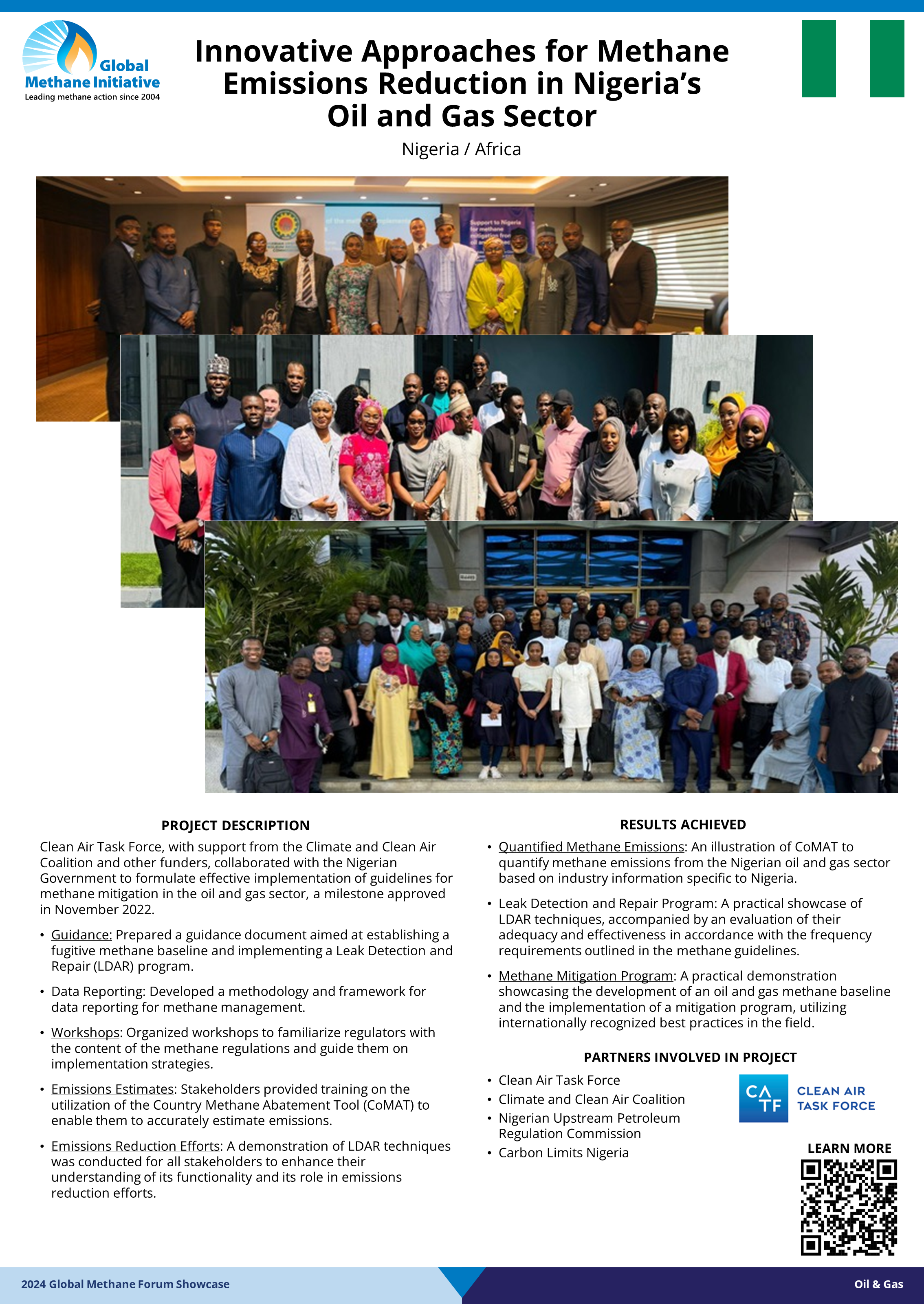
|
Innovative Approaches for Methane Emissions Reduction in Nigeria's Oil and Gas Sector
Nigeria
The Clean Air Task Force collaborated with the Nigerian Government to formulate effective implementation of guidelines for methane mitigation in the oil and gas sector. The topics covered by the guidelines include data reporting, workshops, emissions estimates, and emissions reduction efforts. The project quantified methane emissions and demonstrated a practical showcase of the Leak Detection and Repair Program as well as the Methane Mitigation Program.
Case study details
|
Oil & Gas
|
Government/Policy
|
Nigeria
| 2022 |
Methane Action Showcase
|
Poster
|
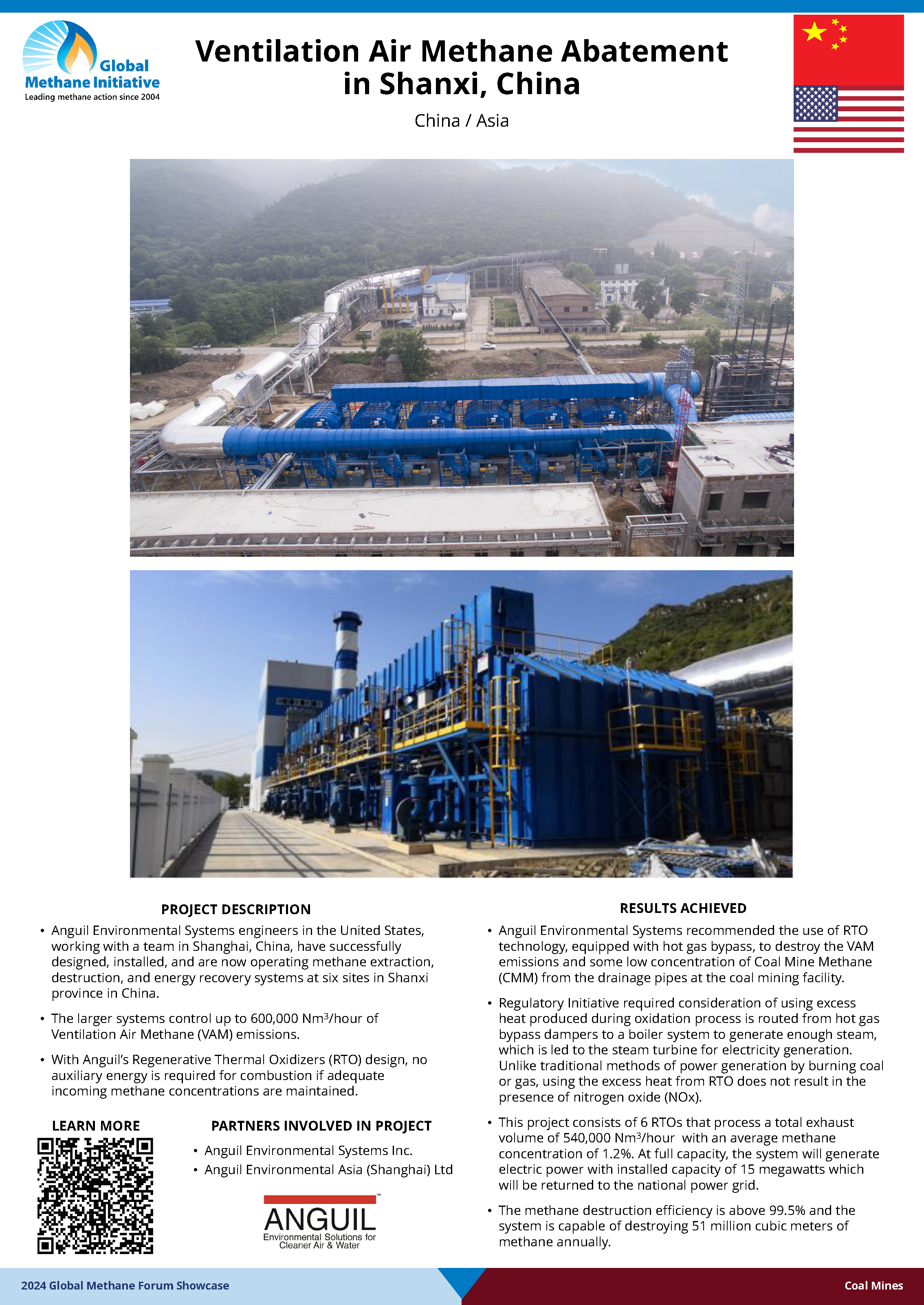
|
Ventilation Air Methane Abatement in Shanxi, China
China
Anguil Environmental Systems engineers have successfully designed, installed, and are now operating methane extraction, destruction, and energy recovery systems at six sites in Shangxi province in China. With Anguil's Regenerative Thermal Oxidizers (RTO) design, no auxiliary energy is required for combustion if adequate incoming methane concentrations are maintained. Anguil recommended the use of RTO technology, equipped with hot gas bypass, to destroy the ventilation air methane emissions and some low concentration of Coal Mine Methane from the drainage pipes at the coal mining facility.
Case study details
|
Coal Mines
|
Industry/Technology
|
China
| 2019 |
Methane Action Showcase
|
Poster
|
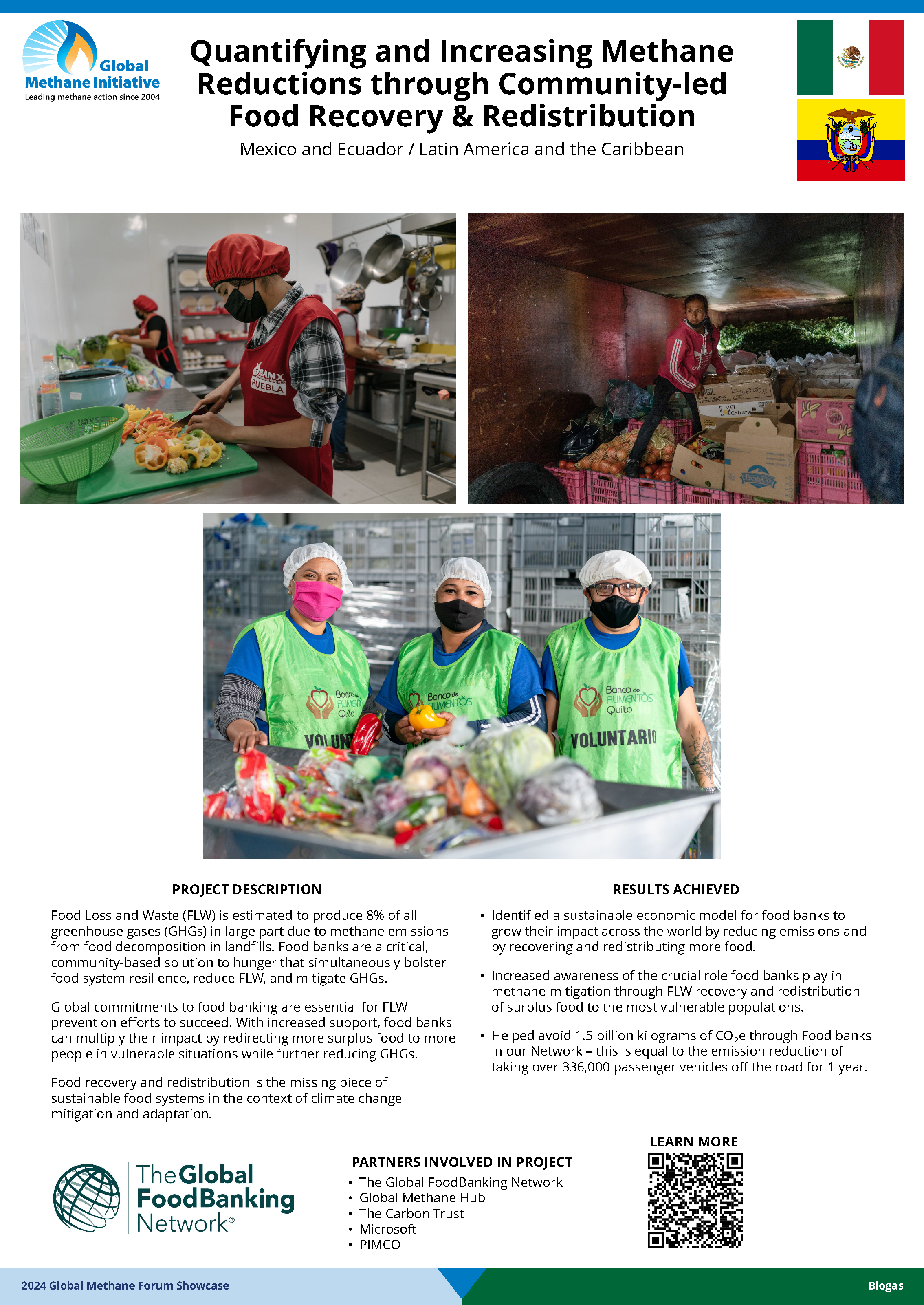
|
Quantifying and Increasing Methane Reductions through Community-led Food Recovery & Redistribution
Mexico Ecuador
Global commitments to food banking are essential for Food Loss and Waste prevention efforts to succeed. With increased support, food banks can multiply their impact on GHG emissions by redirecting more surplus food to more people in vulnerable situations. The project identifies a sustainable economic model for food banks to grow their impact across the world by reducing emissions and by recovering and redistributing more food. Additionally, the project helped avoid 1.5 billion kilograms of CO2e through food banks within the Global FoodBanking Network, equal to the emission reduction of taking 336,000 passenger vehicles off the road for one year.
Case study details
|
Biogas
|
Industry/Technology
|
Mexico;Ecuador
| 2023 |
Methane Action Showcase
|
Poster
|
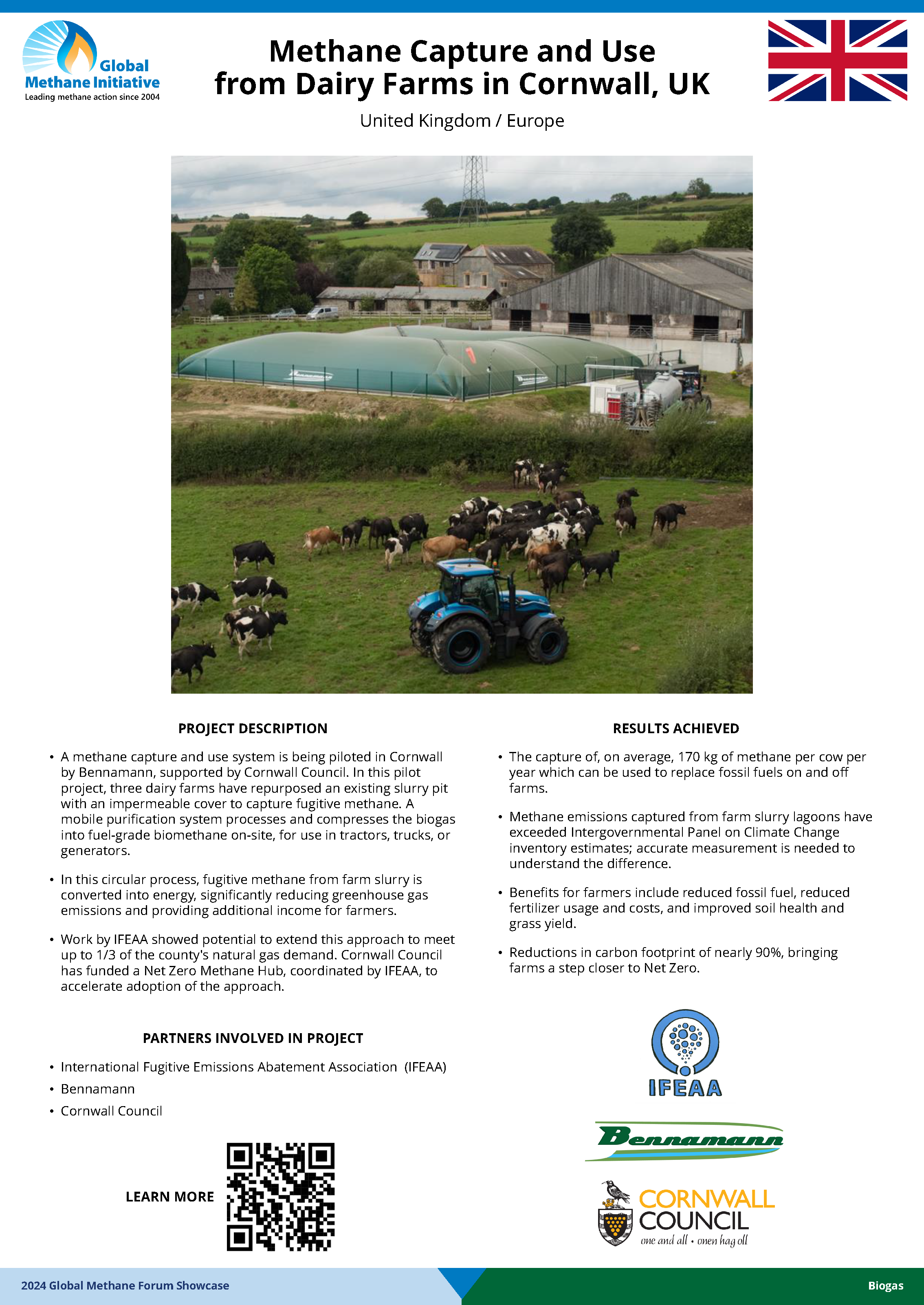
|
Methane Capture and Use from Dairy Farms in Cornwall, UK
United Kingdom
A methane capture and use system is being piloted in Cornwall. In this pilot project, three dairy farms have repurposed an existing slurry pit with an impermeable cover to capture fugitive methane. A mobile purification system processes and compresses the biogas into fuel-grade biomethane on-site, for use in tractors, trucks, or generators. The capture of, on average, 170 kg of methane per cow per year which can be used to replace fossil fuels on and off farms. Benefits for farmers include replaced fossil fuel, reduced fertilizer usage and costs, and improved soil health and grass yield. The reductions in carbon footprint of nearly 90%, bring farms a step closer to Net Zero.
Case study details
|
Biogas
|
Local Action
|
United Kingdom
| 2021 |
Methane Action Showcase
|
Poster
|
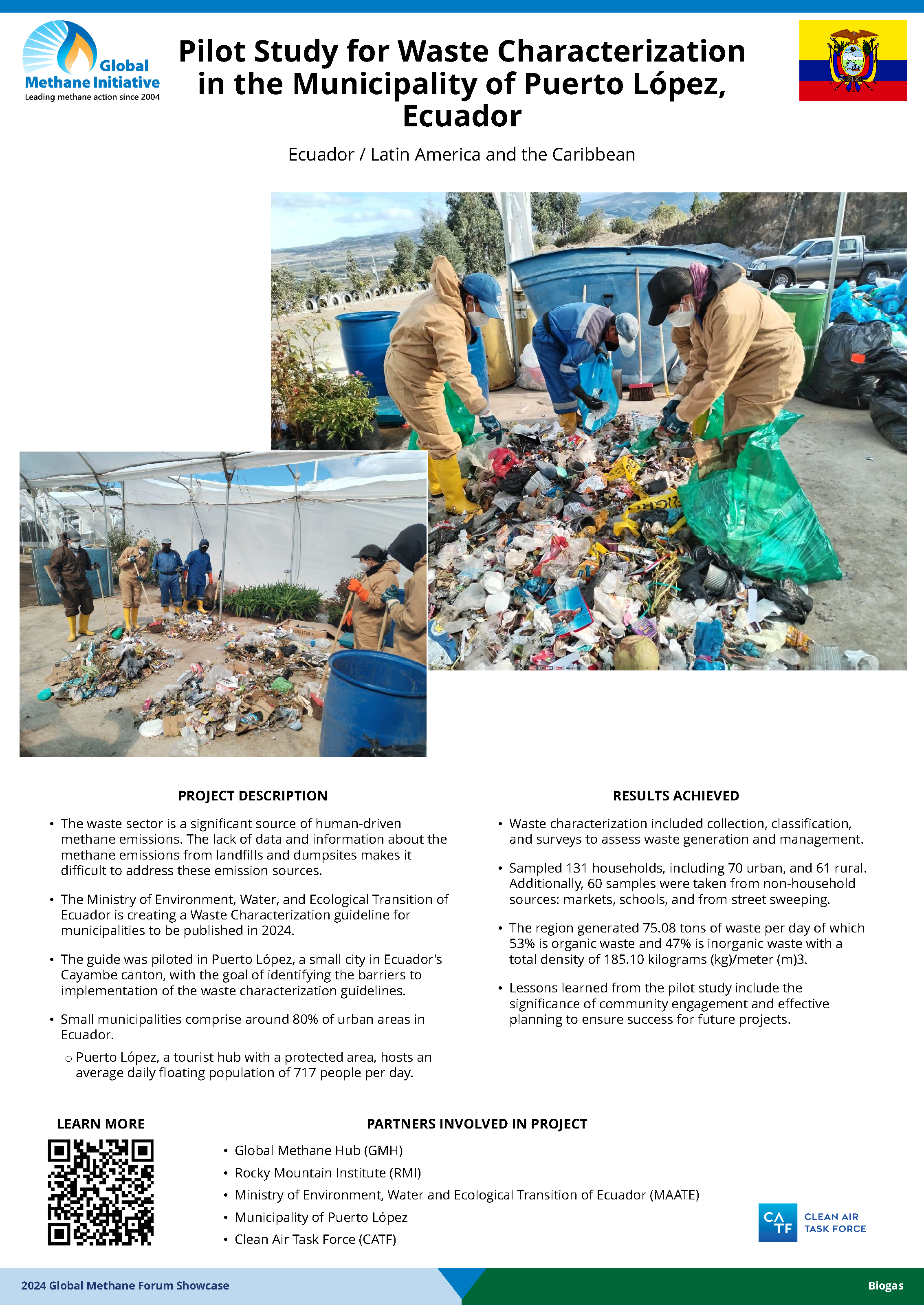
|
Pilot Study for Waste Characterization in the Municipality of Puerto López, Ecuador
Ecuador
The project aims to develop and publish a waste characterization guideline for municipalities. The guideline was piloted with the goal of identifying barriers to implementation of the waste characterization guideline. The guidelines include collection, classification, and surveys to assess waster generation and management. Lessons learned from the pilot study include the significance of community engagement and effective planning to ensure success for future projects.
Case study details
|
Biogas
|
Local Action
|
Ecuador
| 2023 |
Methane Action Showcase
|
Poster
|
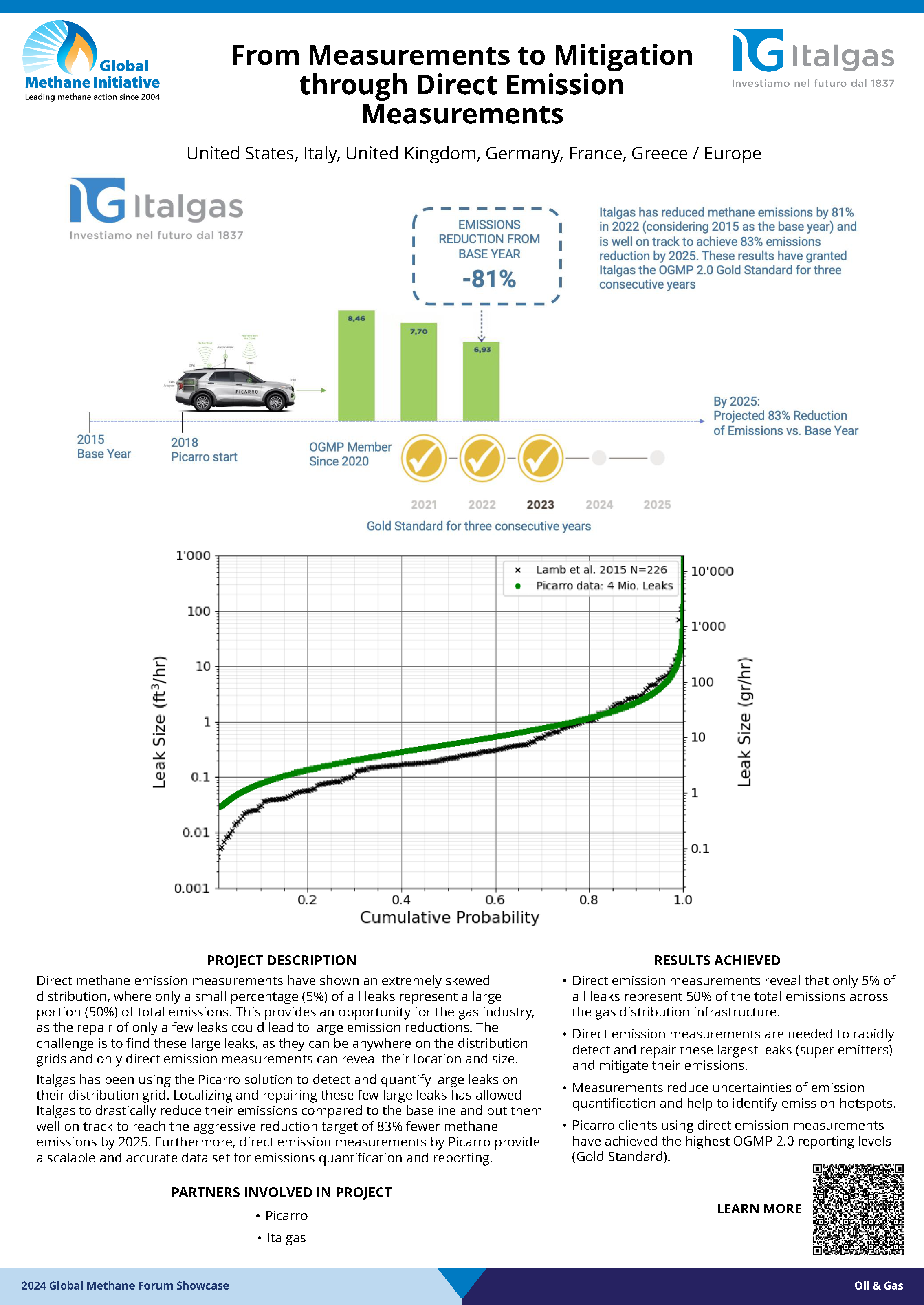
|
From Measurements to Mitigation through Direct Emission Measurements
United States Italy United Kingdom Germany France Greece
Italgas has been using the Picarro solution to detect and quantify large leaks on the distribution grid. Localizing and repairing these few large leaks has allowed Italgas to drastically reduce their emissions compared to the baseline and put them well on track to reach the aggressive reduction target of 83% fewer methane emissions by 2025. Picarro clients using direct emission measurements have achieved the highest OGMP 2.0 reporting levels (Gold Standard).
Case study details
|
Oil & Gas
|
Industry/Technology
|
United States;Italy;United Kingdom;Germany;France;Greece
| 2018 |
Methane Action Showcase
|
Poster
|
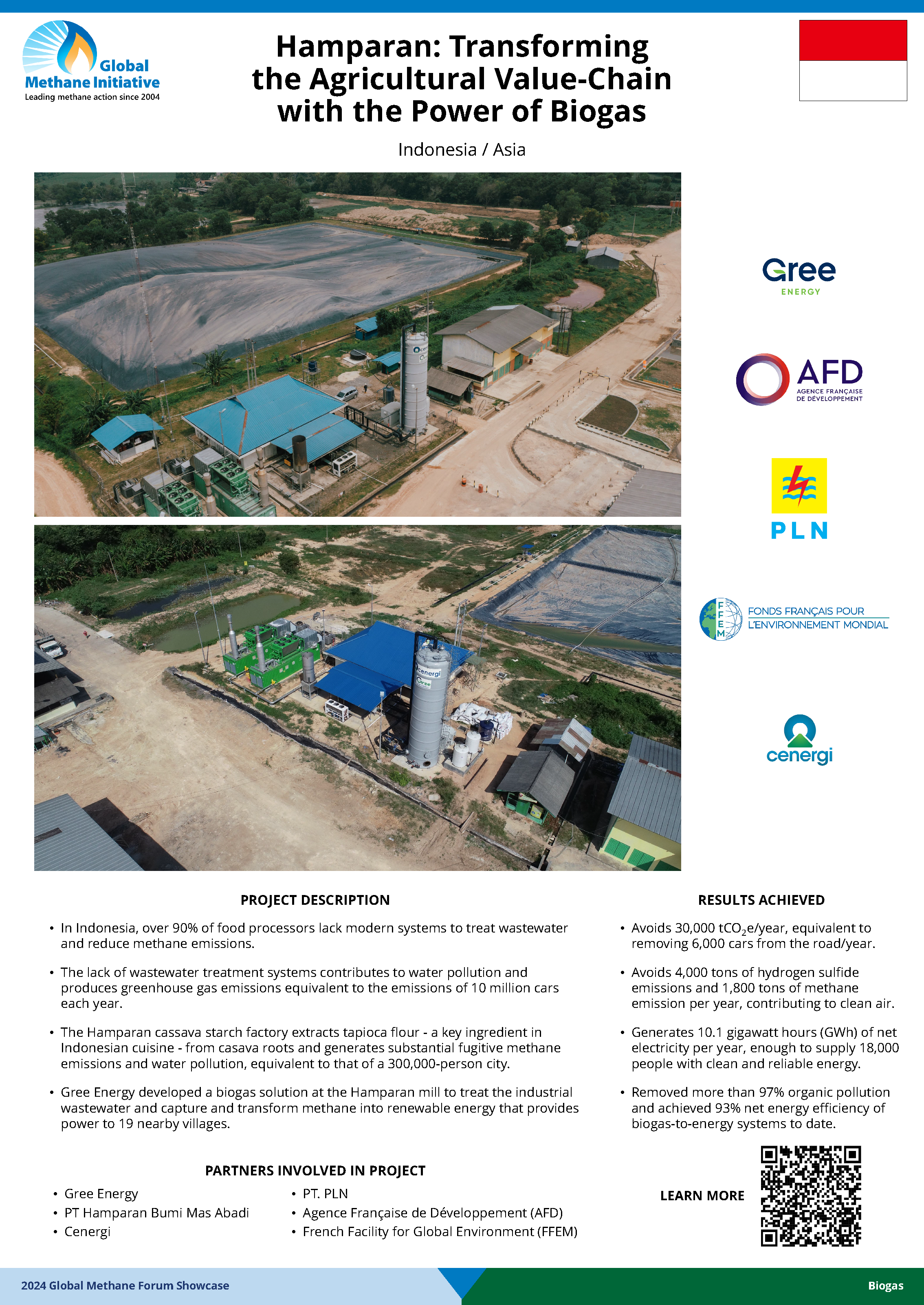
|
Hamparan: Transforming the Agricultural Value-Chain with the Power of Biogas
Indonesia
A biogas solution was developed to treat industrial wastewater and capture and transform methane into renewable energy that provides power to 19 nearby villages. The project removed more than 97% organic pollution and achieved 93% net energy efficiency of biogas-to-energy systems to date.
Case study details
|
Biogas
|
Industry/Technology
|
Indonesia
| 2020 |
Methane Action Showcase
|
Poster
|
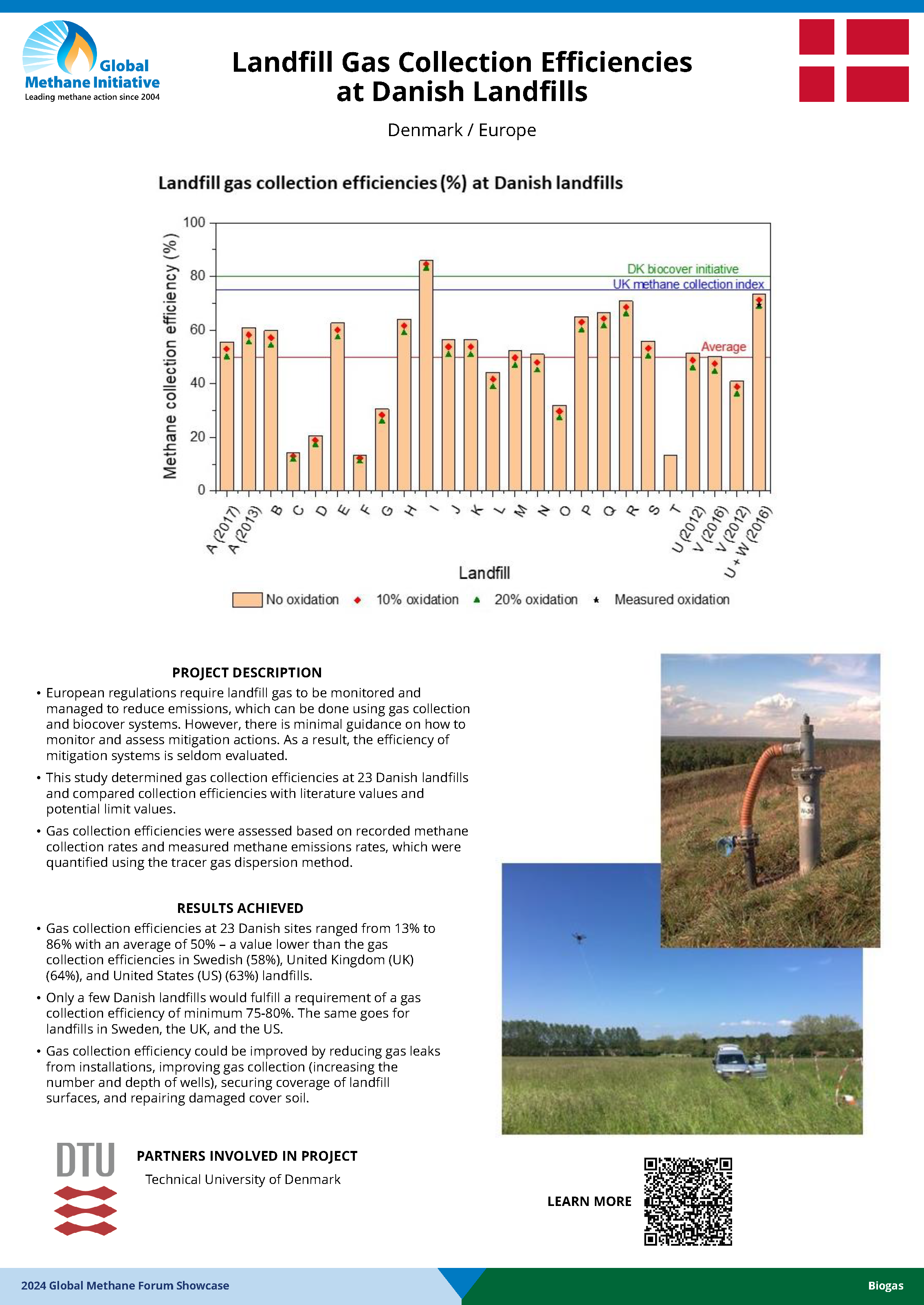
|
Landfill Gas Collection Efficiencies at Danish Landfills
Denmark
European regulations require landfill gas to be monitored and managed to reduce methane emissions, which can be done using gas collection and biocover systems. There is minimal guidance on how to monitor and assess mitigation actions and as a result the efficiency of mitigation systems is seldom evaluated. This project determined gas collection efficiencies at 23 Danish landfills and compared collection efficiencies with literature values and potential limit values. The research showed that gas collection efficiency could be improved by reducing gas leaks from installations, improving gas collection, securing coverage of landfill surfaces, and repairing damaged cover soil.
Case study details
|
Biogas
|
Data/Research
|
Denmark
| 2018 |
Methane Action Showcase
|
Poster
|
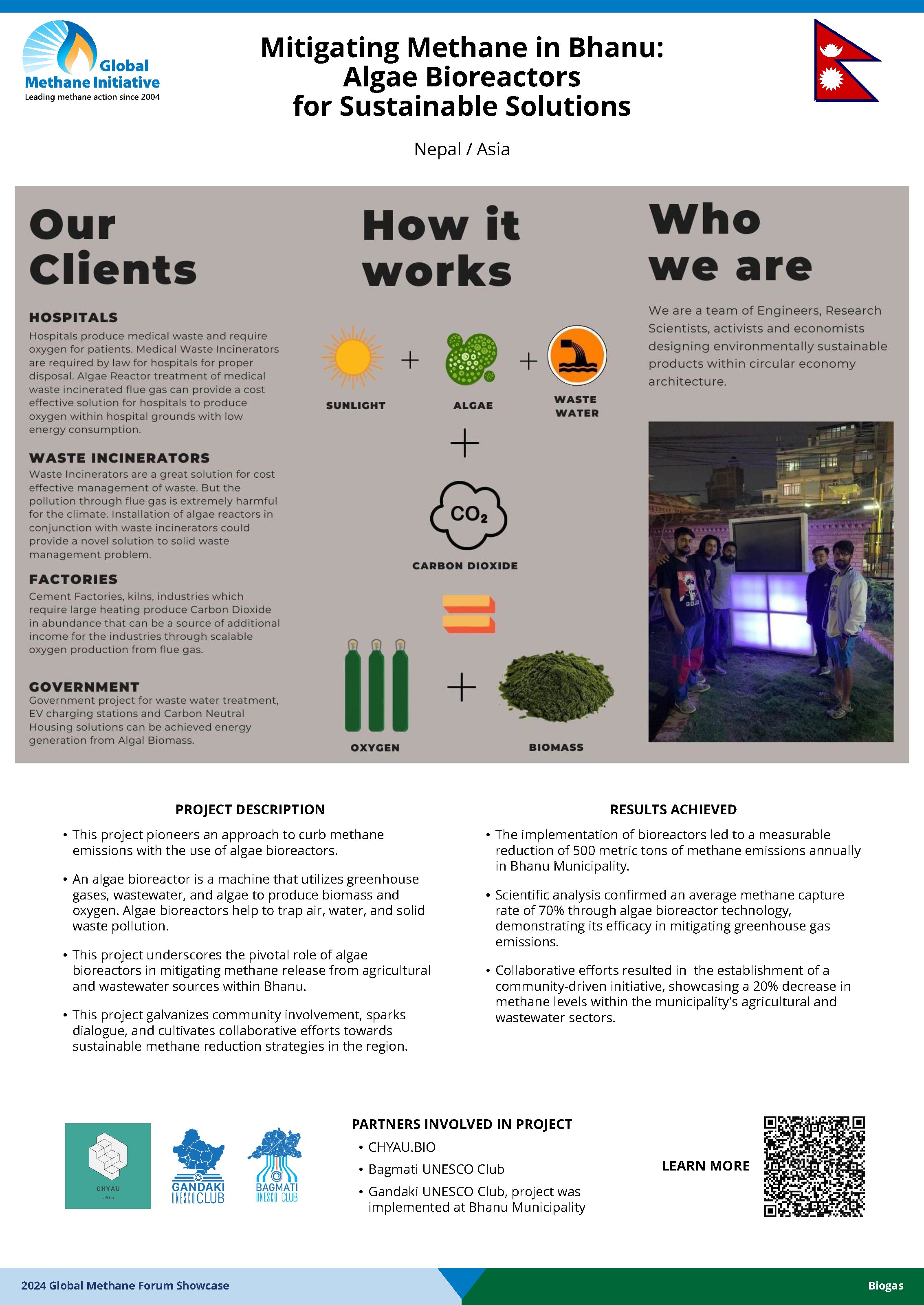
|
Mitigating Methane in Bhanu: Algae Bioreactors for Sustainable Solutions
Nepal
This project pioneered an approach to curb methane emissions with the use of algae bioreactors. Algae bioreactors help to trap air, water, and solid waste pollution. The algae bioreactors were used in mitigating methane release from agricultural and wastewater sources. Scientific analysis confirmed an average methane capture rate of 70% through algae bioreactor technology, demonstrating its efficacy in mitigating greenhouse gas emissions. Methane levels within the municipality's agricultural and wastewater sectors decreased by 20%.
Case study details
|
Biogas
|
Local Action
|
Nepal
| 2021 |
Methane Action Showcase
|
Poster
|
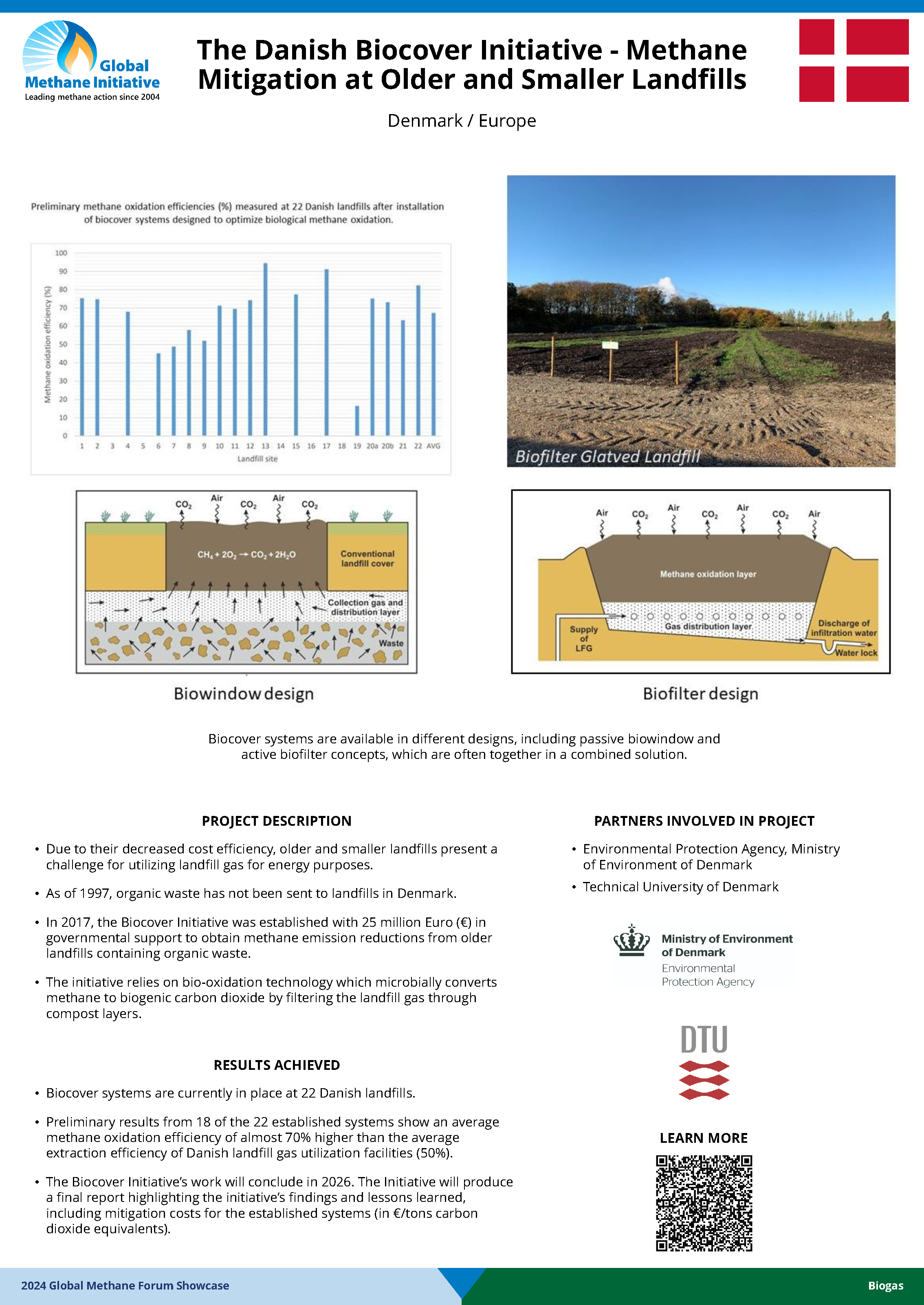
|
The Danish Biocover Initiative - Methane Mitigation at Older and Smaller Landfills
Denmark
In 2017, the Biocover Initiative was established with governmental support to obtain methane emissions reductions from older landfills containing organic waste. Due to their decreased cost efficiency, older and smaller landfills present a challenge for utilizing landfill gas for energy purposes. The project relies on bio-oxidation technology which microbially converts methane to biogenic carbon dioxide by filtering the landfill gas through compost layers. Preliminary results from 18 of the 22 established systems show an average methane oxidation efficiency of almost 70% higher than the average extraction efficiency of Danish landfill gas utilization facilities (50%).
Case study details
|
Biogas
|
Government/Policy
|
Denmark
| 2017 |
Methane Action Showcase
|
Poster
|
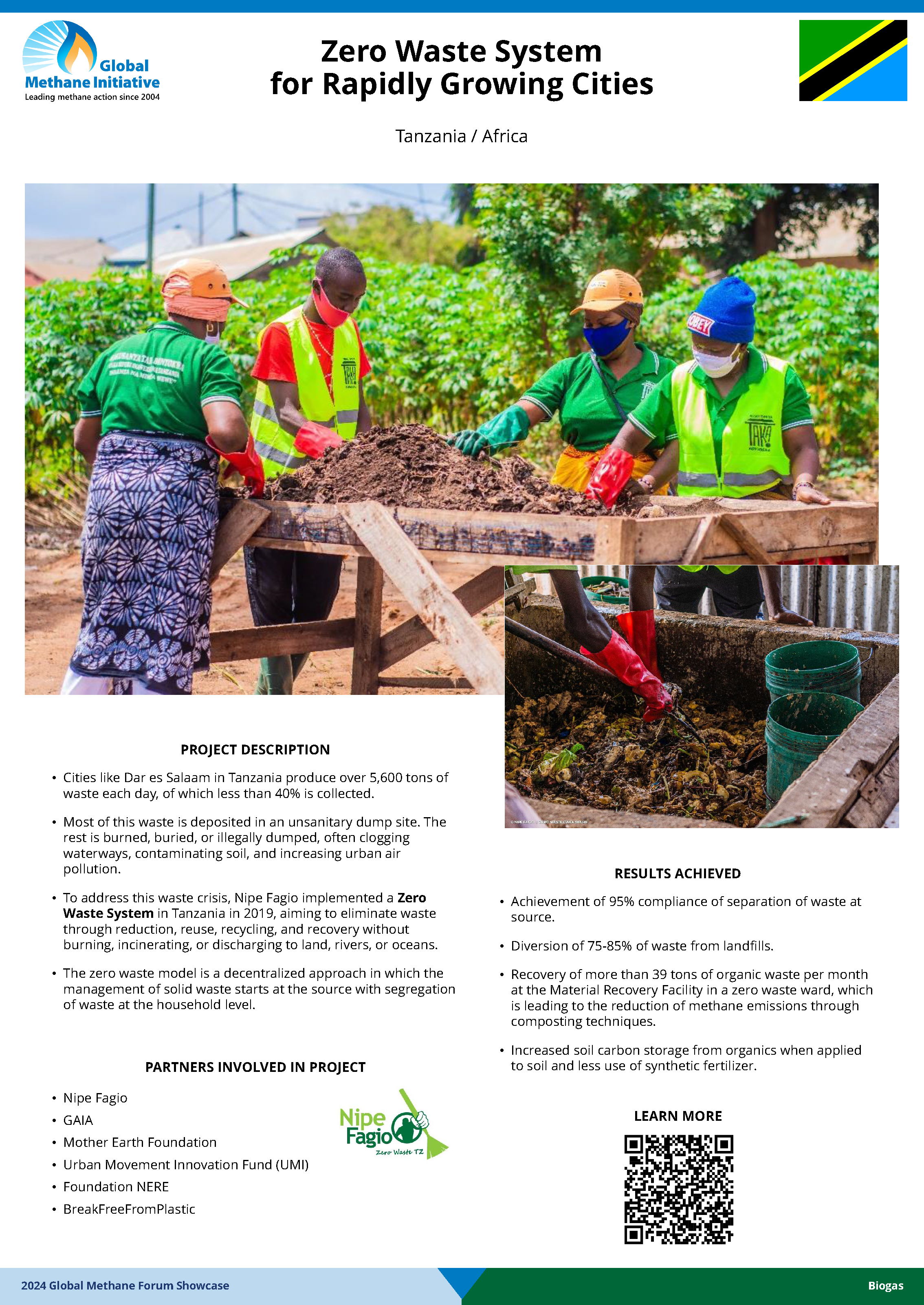
|
Zero Waste System for Rapidly Growing Cities
Tanzania
To address the waste crisis in Tanzania, a Zero Waste System was implemented in 2019, aiming to eliminate waste through reduction, reuse, recycling, and recovery without burning, incinerating, or discharging to land, rivers, or oceans. The zero waste model is a decentralized approach in which the management of solid waste starts at the source with segregation of waste at the household level. The system achieved 95% compliance of separation of waste at the source, diversion of 75-85% of waste from landfills, and recovery of more than 39 tons of organic waste per month. Additional benefits are increased soil carbon storage from organics when applied to soil and less use of synthetic fertilizer.
Case study details
|
Biogas
|
Local Action
|
Tanzania
| 2019 |
Methane Action Showcase
|
Poster
|
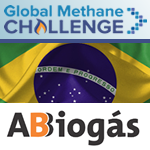
|
Increasing Use of Biogas in Brazilian Energy
Brazil
In 2019, ABiogás promoted the biogas sector in Brazil by formulating legal frameworks for biogas policies at the national level, participating in country energy planning efforts led by the Brazilian Ministry of Mines and Energy, and contributing to the price formulation for biomethane in Brazilian states.
Case study details
|
Biogas
|
Government/Policy;National Action Planning
|
Brazil
| 2019 |
Global Methane Challenge
|
Case Study
|
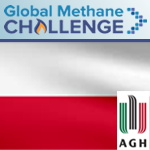
|
Long-term Efforts to Reduce Methane Emissions from Coal Mines
Poland
Reduction Methane Emission (RME) Research Group at the AGH University of Science and Technology, Faculty of Mining and Geoengineering, Department of Environmental Engineering, in Kraków, Poland is working to reduce methane emissions from coal mines.
Case study details
|
Coal
|
Data/Research
|
Poland
| 2016 |
Global Methane Challenge
|
Case Study
|
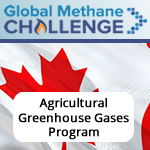
|
Agricultural Greenhouse Gases Program
Canada
The Agricultural Greenhouse Gases Program aims to enhance the understanding and accessibility of agricultural technologies and beneficial management and processes that can be adopted by farmers to mitigate agricultural greenhouse emissions in Canada.
Case study details
|
Biogas
|
Industry/Technology
|
Canada
| 2016 |
Global Methane Challenge
|
Case Study
|
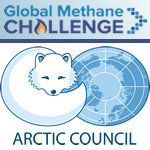
|
Expert Group on Black Carbon and Methane
Canada Denmark Finland Iceland Norway Russia Sweden United States
The Arctic Council established the Expert Group on Black Carbon and Methane (EGBCM) to assess progress towards the reduction of black carbon and methane emissions across the Arctic. Every two years, the EGBCM develops a report that summarizes emissions and develops recommendations to policy makers on voluntary actions to reduce emissions.
Case study details
|
Biogas;Coal Mines;Oil & Gas
|
Government/Policy
|
Canada;Denmark;Finland;Iceland;Norway;Russia;Sweden;United States
| 2015 |
Global Methane Challenge
|
Case Study
|
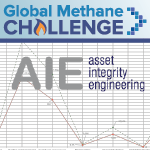
|
An Innovative and Structured Approach to Methane Emissions Monitoring and Reduction
United Arab Emirates
AIE conducts desktop screening of facilities to identify areas with significant methane emissions, then creates inspection plans that use optimized infrared (IR) imaging to validate leaks. Once leaks are validated, AIE develops and implements action plans.
Case study details
|
Oil & Gas
|
Industry/Technology
|
United Arab Emirates
| 2019 |
Global Methane Challenge
|
Case Study
|
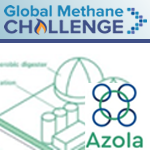
|
Increasing Efficiency and Flexibility of Anaerobic Digestion Plants and Gas Networks
France
Azola, a start-up company based out of France, has developed tailor-made solutions and offers services that enable customers to expand their biomethane injection capabilities and maximize income from methanization units.
Case study details
|
Biogas
|
Industry/Technology
|
France
| 2017 |
Global Methane Challenge
|
Case Study
|
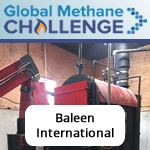
|
Developing Waste-to-Energy Infrastructure and Technology to Recycle Waste
Canada
Compared to landfill disposal, Baleen International Inc.'s waste-to-energy infrastructure is estimated to reduce approximately 167,500 CO2e per year in addition to the environmental and energy benefits of not having to operate and maintain a conventional biological sewage treatment plant with equivalent capacity.
Case study details
|
Biogas
|
Industry/Technology
|
Canada
| 2019 |
Global Methane Challenge
|
Case Study
|
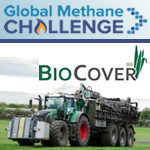
|
Acidification of Agricultural Slurry
Denmark
BioCover, a Danish company specializing in the sustainable use of organic fertilizer, has developed an acidification technology that enables 80 percent reduction of methane from slurry management.
Case study details
|
Biogas
|
Industry/Technology
|
Denmark
| 2019 |
Global Methane Challenge
|
Case Study
|
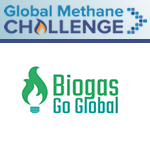
|
Biogas Go Global
Denmark
Biogas Go Global (BGG) is a 3-year effort funded by Denmark's Industries Fond to advance biogas plants globally, allowing additional methane capture and use and nutrient recycling. The program provides a platform for the accelerated growth of the biogas industry in the United States and other BGG partner countries by establishing collaboration between government, academia, and the private sector.
Case study details
|
Biogas
|
Government/Policy
|
Denmark
| 2019 |
Global Methane Challenge
|
Case Study
|
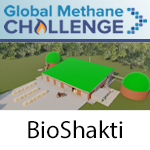
|
Implementing Dry Anaerobic Digestion Technology to Reduce Methane Emissions
India
Using funding from a Renewable Energy & Promotion in International Cooperation (REPIC) grant awarded by the Swiss federal government, BioShakti (India) is collaborating with Renergon (Switzerland) to introduce the use of dry anaerobic digestion in the city of Patiala in Punjab, India.
Case study details
|
Biogas
|
Local Action
|
India
| 2019 |
Global Methane Challenge
|
Case Study
|
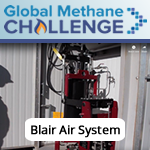
|
Zero Emission Blair Air System Eliminates Methane Venting
Canada
The Blair Air System eliminates methane emissions from commonly used pumps and instruments at oil and gas well sites. Each system can provide reductions of approximately 740 tons of CO2e per year.
Case study details
|
Oil & Gas
|
Industry/Technology
|
Canada
| 2019 |
Global Methane Challenge
|
Case Study
|
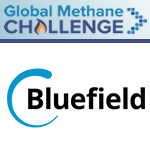
|
Precise Methane Data via Microsatellites and AI
Canada
Using microsatellites equipped with a proprietary optical sensor, Bluefield is developing a global view of all methane emitting sites. Satellites will capture data about the location of the sites and the amount of methane emitted to be used by energy companies and environmental agencies.
Case study details
|
Oil & Gas
|
Data/Research
|
Canada
| 2021 |
Global Methane Challenge
|
Case Study
|
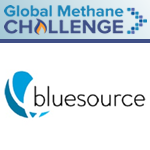
|
Methane Reduction Program
Canada
Bluesource quantifies emission reductions and creates emission reduction offset credits, which includes conducting an in-depth verification process for each evaluation of credits. A reduction of 2-3 million tons of carbon dioxide equivalent are expected for the existing program in Alberta by the end of 2022.
Case study details
|
Oil & Gas
|
Industry/Technology
|
Canada
| 2019 |
Global Methane Challenge
|
Case Study
|

|
Next-generation Methane Detection and Quantification with Gas Mapping Light Detection and Ranging (LiDAR) Technology
United States Canada
Bridger Photonics Gas Mapping LiDAR reduces the exposure of field crews to hazards, reduces the cost of leak detection, and enables major methane emissions reductions across the United States and Canada.
Case study details
|
Oil & Gas
|
Industry/Technology
|
United States;Canada
| 2015 |
Global Methane Challenge
|
Case Study
|

|
Building Capacity for Organic Waste Management in the Republic of Serbia
Serbia
The CCAC and Municipal Solid Waste Initiative organized a study tour of organic waste treatment facilities for Serbian representatives. The technical visits, focused on biowaste collection options and compost treatment systems, were designed to assist them in developing strategies for adopting those practices at their municipalities.
Case study details
|
Biogas
|
Government/Policy;National Action Planning
|
Serbia
| 2018 |
Global Methane Challenge
|
Case Study
|
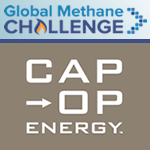
|
Methane Abatement Project Platform (MAPP) and Distributed Energy Efficiency Project Platform (DEEPP)
Canada
Cap-Op Energy uses cloud-based data management systems to help companies improve energy efficiency and reduce greenhouse gas emissions. Cap-Op estimates their system helped reduce methane emissions by more than 600,000 tons of CO2e in 2019.
Case study details
|
Oil & Gas
|
Data/Research
|
Canada
| 2019 |
Global Methane Challenge
|
Case Study
|
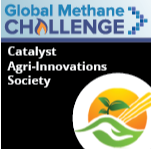
|
Zero Waste Agriculture
Canada
The Catalyst Agri-Innovations Society provides research resources that advance the environmental and economic sustainability of agriculture. The overarching goal of the organization is to create multi-faculty, multi-disciplinary, parallel study facilities to establish zero waste agriculture.
Case study details
|
Biogas
|
Industry/Technology
|
Canada
| 2019 |
Global Methane Challenge
|
Case Study
|
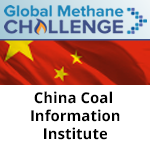
|
Abandoned Mine Methane (AMM) Development Pilot Project in the Shenbei Coalfield
China
The China Coal Information Institute (CCII) and the Liaoning Hongyang Coalbed Methane Clean Energy Development Company, Ltd. are implementing an abandoned mine methane (AMM) development pilot project at the Shenbei Coalfield in the Liaoning Province.
Case study details
|
Coal
|
Industry/Technology
|
China
| 2017 |
Global Methane Challenge
|
Case Study
|
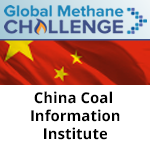
|
The Story of Methane Mitigation in China
China
The China Coal Information Institute (CCII), established in 1959, is a national research organization that has been affiliated with the Ministry of Emergency Management of the People's Republic of China since 2018. The CCII has helped oversee several methane mitigation actions in China.
Case study details
|
Coal
|
Government/Policy;National Action Planning
|
China
| 1959 |
Global Methane Challenge
|
Case Study
|

|
Increased Recovery and Use of Coal Mine Methane (CMM)
China
The International Centre of Excellence on Coal Mine Methane serves as a regional and international center for best practices in gas capture and utilization. Its objectives include increasing clean power generation, reducing greenhouse gas emissions, and improving mine safety.
Case study details
|
Coal
|
Industry/Technology;Local Action
|
China
| 2017 |
Global Methane Challenge
|
Case Study
|
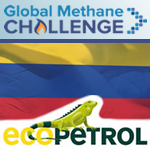
|
Training Employees about Reducing and Recovering Methane Emissions
Colombia
Ecopetrol is developing an implementation plan to identify and assess methane emissions from core emission sources in their crude production operations.
Case study details
|
Oil & Gas
|
Industry/Technology
|
Colombia
| 2018 |
Global Methane Challenge
|
Case Study
|
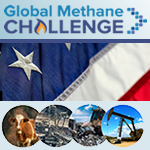
|
Domestic Methane Partnership Programs
United States
The U.S. Environmental Protection Agency (EPA) has implemented several voluntary programs to promote cost-effective recovery and use of methane. EPA shares the expertise and experience gained through the voluntary domestic programs as part of its commitment to the Global Methane Initiative.
Case study details
|
Biogas;Coal Mines;Oil & Gas
|
Government/Policy
|
United States
| 2005 |
Global Methane Challenge
|
Case Study
|
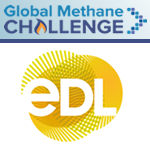
|
A World of New Energy
Australia
Energy Development Limited's actions have reduced methane emissions by 19 million tons of CO2e annually. This equates to removing approximately 5.7 million cars from the road every year.
Case study details
|
Biogas;Coal Mines;Oil & Gas
|
Industry/Technology
|
Australia
| 2019 |
Global Methane Challenge
|
Case Study
|
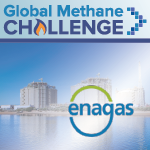
|
Commitment to Methane Emission Reduction Targets
Spain
Enagás, the main natural gas transmission system operator and technical manager of the Spanish gas system, is committing to methane emission reductions of 45 percent by 2025 and 60 percent by 2030.
Case study details
|
Oil & Gas
|
Industry/Technology
|
Spain
| 2018 |
Global Methane Challenge
|
Case Study
|
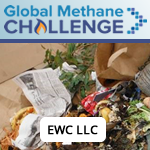
|
Helping Local Businesses Manage Waste
United States
EWS LLC is helping businesses to create waste management plans. Their work with local businesses is expected to reduce waste disposal costs by almost 80 percent, produce fertile humus, increase recycling by 67 percent, and educate employees on sustainable management practices.
Case study details
|
Biogas
|
Industry/Technology
|
United States
| 2019 |
Global Methane Challenge
|
Case Study
|

|
Measuring and Reducing Enteric Methane from Livestock
Argentina Uruguay Benin Burkina Faso Mali Niger Senegal Bangladesh Sri Lanka Ethiopia Kenya Tanzania Uganda
The Food and Agriculture Organization of the United Nations and the Global Research Alliance on Agricultural Greenhouse Gases are helping countries improve GHG emissions inventories, define reduction targets, and improve understanding of mitigation measures.
Case study details
|
Biogas
|
Industry/Technology
|
Argentina;Uruguay;Benin;Burkina Faso;Mali;Niger;Senegal;Bangladesh;Sri Lanka;Ethiopia;Kenya;Tanzania;Uganda
| 2019 |
Global Methane Challenge
|
Case Study
|

|
Final Regulation Guidelines for the Prevention and Integral Control of Methane Emissions from the Hydrocarbon Sector
Mexico
In November 2018, Mexico put into effect the regulation Guidelines for the Prevention and Integral Control of Methane Emissions from the Hydrocarbon Sector to significantly reduce methane emissions.
Case study details
|
Oil & Gas
|
Government/Policy;National Action Planning
|
Mexico
| 2018 |
Global Methane Challenge
|
Case Study
|
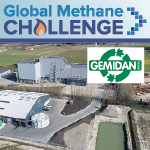
|
Pre-treatment of Food Waste for Anaerobic Digestion
Denmark
Gemidan Ecogi A/S operates three food-waste pre-treatment systems in Denmark that treat food waste to produce a high-quality pulp for centralized anaerobic digester facilities.
Case study details
|
Biogas
|
Industry/Technology
|
Denmark
| 2019 |
Global Methane Challenge
|
Case Study
|
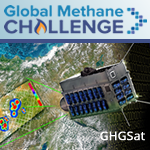
|
Measuring Effectiveness Through Global Emissions Monitoring
Canada
GHGSat's growing fleet of satellites detect methane emissions at industrial facilities from space. They provide data and actionable information on GHG emissions to emitters and regulators. GHGSat informs oil and gas operators when leaks have been detected.
Case study details
|
Oil & Gas
|
Data/Research
|
Canada
| 2015 |
Global Methane Challenge
|
Case Study
|
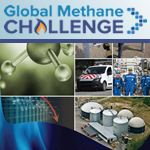
|
Building a Culture Towards Net Zero Methane Emission
Belgium
Belgium-based Gas Infrastructure Europe (GIE) and MARCOGAZ published an industry-wide study, "Potential ways the gas industry can contribute to the reduction of methane emissions" that provides an overview of methane emissions and actions taken by the gas industry.
Case study details
|
Oil & Gas
|
Data/Research;Industry/Technology
|
Belgium
| 2019 |
Global Methane Challenge
|
Case Study
|

|
Landfill Gas Capture and Utilization
United Arab Emirates
Green Energy is working with Dubai Municipality to implement the first landfill gas flaring project in the United Arab Emirates. The plant captures and flares up to 6000 normal cubic meters (Nm3) of landfill gas per hour with a methane content of approximately 55 to 58 percent.
Case study details
|
Biogas
|
Industry/Technology
|
United Arab Emirates
| 2019 |
Global Methane Challenge
|
Case Study
|
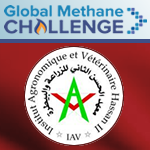
|
Research Study: Effect of a Natural Food Additive Rich in Thyme Essential Oil on Methane Emissions in Dairy Cows
Morocco
Researchers at the Hassan II Institute of Agronomy and Veterinary Sciences (IAV) are using natural feed additives to address methane emissions that come from livestock ruminants.
Case study details
|
Biogas
|
Industry/Technology;Livestock
|
Morocco
| 2019 |
Global Methane Challenge
|
Case Study
|
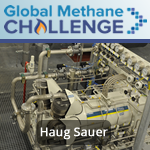
|
Gastight Piston Compressors that Emit Zero Methane Emissions
Switzerland
HAUG Sauer Kompressoren AG produces oil-free and dry-running piston compressors that allow systems to emit zero methane emissions. The estimated emission reductions for each compressor installed at a typical natural gas station is approximately 1,634 TCO2e per year.
Case study details
|
Biogas;Coal Mines;Oil & Gas
|
Industry/Technology
|
Switzerland
| 2019 |
Global Methane Challenge
|
Case Study
|
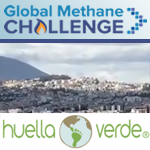
|
A Solution to Divert Organic Waste from Landfills
Ecuador
Huella Verde is working to replace the traditional linear model of single-use plastics (make, use, dispose) in Ecuador's shopping mall food courts with an innovative circular model.
Case study details
|
Biogas
|
Local Action
|
Ecuador
| 2019 |
Global Methane Challenge
|
Case Study
|
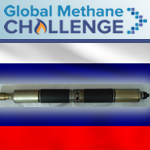
|
Increases the Efficiency of Degassing Systems in Modern Coal Mines
Russia
Hydraulic Fracturing of Kuznetsk, LLC is working to reduce methane emissions in Russia through the development of a technology that increases the efficiency of degassing systems in modern coal mines.
Case study details
|
Coal
|
Industry/Technology
|
Russia
| 2019 |
Global Methane Challenge
|
Case Study
|
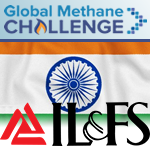
|
Waste Management Projects Across India
India
Under the Indian Government's Swachh Bharat (Clean India) Mission, IL&FS Environment is finding solutions for managing the MSW using waste processing and composting plants to convert organic waste to compost, combustibles to power, and construction waste to recycled construction products.
Case study details
|
Biogas
|
Government/Policy
|
India
| 2019 |
Global Methane Challenge
|
Case Study
|
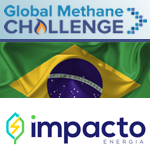
|
Reducing Methane Emissions by Producing Biomethane
Brazil
Impacto Energia S.A., an energy company based in Brazil, is working towards developing a number of methane mitigation projects across various areas.
Case study details
|
Biogas
|
Industry/Technology
|
Brazil
| 2020 |
Global Methane Challenge
|
Case Study
|
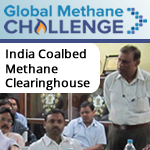
|
Commercialization of Coal Mine Methane (CMM) in India through Policy Changes and Directional Drilling Technology
India
The India CMM/CBM Clearinghouse addresses barriers to methane utilization projects in India. Several commercial CMM/CBM projects are scheduled to be implemented in 2020.
Case study details
|
Coal
|
Industry/Technology;Government/Policy
|
India
| 2008 |
Global Methane Challenge
|
Case Study
|
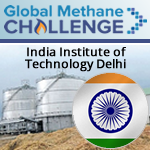
|
Innovative Scientific and Technical Education and Research
India
The Indian Institute of Technology Delhi (IITD) Biogas Development and Training Center (BDTC) provides technical training and support to implement high-quality research and development of biogas-related technologies. IITD and Sampurn Agri Ventures Pvt. Ltd. collaborated to create the first commercial power plant in the world that uses 100 percent rice (paddy) straw to produce biogas.
Case study details
|
Biogas
|
Data/Research;Industry/Technology
|
India
| 2008 |
Global Methane Challenge
|
Case Study
|
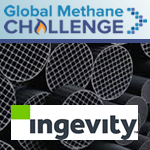
|
Adsorbed Natural Gas for Flare Gas Recovery and Utilization
United States
Ingevity Corporation is advancing the use of adsorbed natural gas as an economical and scalable alternative fuel source that will significantly increase the capacity to store natural gas and reduce methane emissions.
Case study details
|
Oil & Gas
|
Industry/Technology
|
United States
| 2019 |
Global Methane Challenge
|
Case Study
|
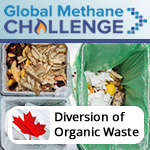
|
Initiatives to Prevent GHG Emissions through Diversion and Prevention of Organic Waste
Canada
Environment and Climate Change Canada is raising awareness among Canadians on the issue of food waste and loss, helping jurisdictions make informed decisions when planning waste diversion infrastructure.
Case study details
|
Biogas
|
Government/Policy
|
Canada
| 2019 |
Global Methane Challenge
|
Case Study
|
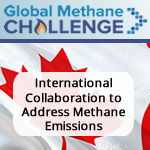
|
International Collaboration to Address Methane Emissions
Canada
Environment and Climate Change Canada is working to establish collaborative relationships with several international partners, including Vietnam, Senegal, Cote d'Ivoire, Chile, China, and Mexico.
Case study details
|
Biogas;Coal Mines;Oil & Gas
|
Government/Policy
|
Canada
| 2017 |
Global Methane Challenge
|
Case Study
|
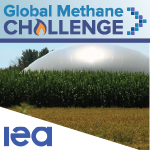
|
Shaping Energy Policies for a Secure and Sustainable Future
N/A
The International Energy Agency (IEA) is an intergovernmental organization made up of 30 member countries. IEA examines ways to reduce environmental impacts associated with fossil fuels consistently underscore that reducing methane is a powerful and cost-effective way to act.
Case study details
|
Oil & Gas
|
Government/Policy;Data/Research
|
N/A
| 2017 |
Global Methane Challenge
|
Case Study
|
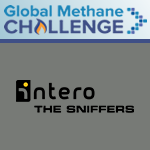
|
Methane Accounting Program to Help Customers Better Understand, Quantify, and Reduce Methane Emissions
Belgium
The Sniffers created a Methane Accounting Program to help oil and gas companies worldwide better understand, quantify, and reduce methane emissions. On average, the program reduces fugitive methane emissions by 70 percent per project.
Case study details
|
Oil & Gas
|
Data/Research
|
Belgium
| 2019 |
Global Methane Challenge
|
Case Study
|
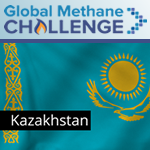
|
Kazakhstan Wastewater Biogas Recovery Initiative
Kazakhstan
The Kazakhstan Ministry of Energy, Department of Renewable Energy, developed a roadmap to identify and prioritize concrete actions to promote legal and regulatory support for biogas use in Kazakhstan.
Case study details
|
Biogas
|
Government/Policy; National Action Planning
|
Kazakhstan
| 2019 |
Global Methane Challenge
|
Case Study
|
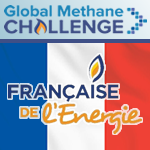
|
Practical Options to Recover and Utilize Gas from Abandoned Coal Mines in Northern France
France
La Francoise de l'Energie (LFDE) assessed and identified practical options to recover and utilize the gas from Northern France's abandoned coal mines. Annual methane emissions reductions for LFDE's project are estimated at 602,000 TCO2e.
Case study details
|
Coal
|
Local Action
|
France
| 2016 |
Global Methane Challenge
|
Case Study
|
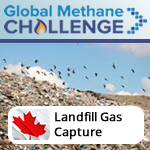
|
Landfill Gas Capture and Utilization Feasibility
Canada
Environment and Climate Change Canada is working to encourage greater LFG collection across provinces and municipalities through feasibility studies of LFG capture in small, medium, and large landfills.
Case study details
|
Biogas
|
Government/Policy
|
Canada
| 2019 |
Global Methane Challenge
|
Case Study
|
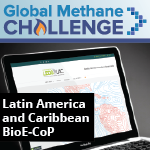
|
Peer-to-Peer Learning Network to Advance the Development of Bioenergy
Latin America and the Caribbean
The Bioenergy Community of Practice (BioE-CoP) is a peer-to-peer learning network that advances the development of bioenergy to reduce greenhouse gas emissions, increase the use of fossil fuel alternatives, and support sustainable development goals in Latin America and the Caribbean.
Case study details
|
Biogas
|
Industry/Technology
|
Latin America and the Caribbean
| 2016 |
Global Methane Challenge
|
Case Study
|
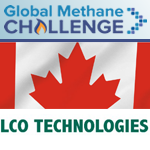
|
LCO Technologies Canada: Methane Venting Mitigation from Pneumatics, Conventional Oil and Gas
Canada
LCO Technologies Canada developed an economical method of eliminating methane venting by leveraging sunlight. The technology uses equipment with low-cost pneumatic instrumentation and small power requirements that can be met with solar power.
Case study details
|
Oil & Gas
|
Industry/Technology
|
Canada
| 2019 |
Global Methane Challenge
|
Case Study
|
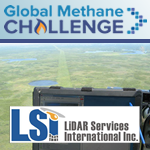
|
Airborne Methane Mapping and Comprehensive Remote Emissions Intelligence, Surveillance and Reconnaissance Sensing
Canada
LiDAR Services International Inc.'s airborne systems provide a measurement and accountability framework to assess reduction initiatives and to find unknown or unquantified emissions sources.
Case study details
|
Oil & Gas
|
Data/Research
|
Canada
| 2019 |
Global Methane Challenge
|
Case Study
|
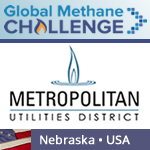
|
Taking Proactive Steps to Mitigate Methane and Commit to Sustainable Solutions
United States
The Metropolitan Utilities District is replacing 370 miles of cast iron infrastructure with high-density polyethylene pipe to reduce leaks, eliminating the equivalent of more than 6,600 metric tons of carbon dioxide per year.
Case study details
|
Oil & Gas
|
Industry/Technology;Local Action
|
United States
| 2016 |
Global Methane Challenge
|
Case Study
|
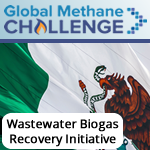
|
Mexico Wastewater Biogas Recovery Initiative
Mexico
Government agencies in Mexico are working to reduce methane emissions from wastewater treatment plants. The effort includes documenting the results of pre-feasibility studies, technical training, and sharing technical expertise with high-level decision-makers.
Case study details
|
Biogas
|
Government/Policy
|
Mexico
| 2019 |
Global Methane Challenge
|
Case Study
|
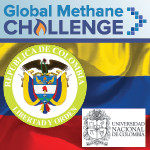
|
Developing a Bottom-Up Methane Fugitive Emission Inventory in Colombia
Colombia
The Universidad Nacional de Colombia is providing scientific and technical support to the Colombian Ministry of Mines and Energy (MinEnergia) to create a "bottom-up" inventory of methane fugitive emissions (MFE) from oil and gas production and refining.
Case study details
|
Oil & Gas
|
Government/Policy
|
Colombia
| 2019 |
Global Methane Challenge
|
Case Study
|
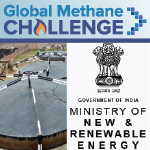
|
Methane Reduction Policies to Promote Biogas
India
The Government of India's Ministry of New and Renewable Energy (MNRE) is investing heavily in a national strategy to increase biogas production and reduce methane emissions. The biogas strategy includes many policy initiatives, capacity building, and public-private partnerships.
Case study details
|
Biogas
|
Government/Policy
|
India
| 2019 |
Global Methane Challenge
|
Case Study
|
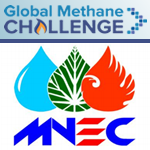
|
Developing a Coal Mine Methane Emissions Inventory
Mongolia
The Mongolian Nature & Environment Consortium (MNEC) created an inventory of CMM fugitive emissions, increased capacity for CMM exploration and project development, and published several outreach materials to increase public awareness.
Case study details
|
Coal
|
Industry/Technology;Local Action
|
Mongolia
| 2019 |
Global Methane Challenge
|
Case Study
|
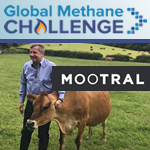
|
Mootral Ruminant Feed Supplement
Switzerland
Mootral has developed a natural feed supplement to reduce methane emissions from cattle. Research confirms that adding Mootral to a cow's diet can lead to a 30% decrease in methane production.
Case study details
|
Biogas
|
Industry/Technology;Livestock
|
Switzerland
| 2019 |
Global Methane Challenge
|
Case Study
|
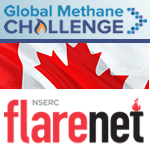
|
FlareNet Strategic Network: Global Research Initiative to Address Flare Generated Pollutant Emissions from Unconventional Oil & Gas Processing
Canada
FlareNet provides a quantitative understanding of flare-generated pollutant emissions through improved emissions inventories, assessments of mitigation actions, technologies to predict and measure emissions, and technical support for projects.
Case study details
|
Oil & Gas
|
Data/Research
|
Canada
| 2019 |
Global Methane Challenge
|
Case Study
|
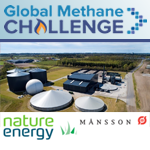
|
A Green and Organic Biogas Partnership
Denmark
Nature Energy, a leading biogas producer, and Axel Månsson, a large-scale egg and vegetable producer, established a fully organic plant to promote biogas as an energy source. The plant processes organic materials such as manure from dairy and poultry farms, clover, and vegetable waste to create biogas and residual products used as natural fertilizers.
Case study details
|
Biogas
|
Industry/Technology
|
Denmark
| 2017 |
Global Methane Challenge
|
Case Study
|
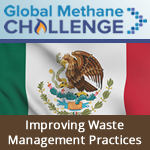
|
Improving Waste Management Practices and Reducing Methane Emissions
Mexico
Naucalpan de Juárez, Mexico analyzed the environmental benefits of a mechanical and biological waste treatment facility. The analysis suggests significant reductions in short-lived climate pollutant emissions, including methane emissions, are possible.
Case study details
|
Biogas
|
Local Action
|
Mexico
| 2016 |
Global Methane Challenge
|
Case Study
|
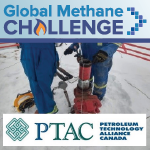
|
Building Technology Capacity to Reduce Methane Emissions at Lower Costs
Canada
Petroleum Technology Alliance Canada (PTAC) supports a wide variety of collaborative research and development activities that are leading innovation, building capacity, and improving methane emission detection and reduction in the oil and gas sector, including the Canadian Emissions Reductions Innovation Consortium (CanERIC), the Alberta Upstream Petroleum Research Program (AUPRF), and the Methane Emissions Reduction Network (MERN).
Case study details
|
Oil & Gas
|
Industry/Technology;Data/Research
|
Canada
| 2019 |
Global Methane Challenge
|
Case Study
|
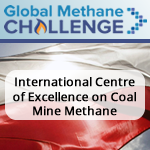
|
Poland International Centre of Excellence on Coal Mine Methane
Poland
Poland created the International Centre of Excellence on Coal Mine Methane (ICE-CMM) to support the Group of Experts on CMM in its capacity-building activities.
Case study details
|
Coal
|
Government/Policy
|
Poland
| 2017 |
Global Methane Challenge
|
Case Study
|
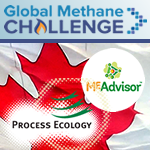
|
Process Optimization at Glycol Dehydration Facilities
Canada
Process ecology's software system, MeAdvisor, tracks company-wide emissions of methane from continuous sources and non-routine events to optimize the performance of oil and gas operating facilities.
Case study details
|
Oil & Gas
|
Data/Research
|
Canada
| 2019 |
Global Methane Challenge
|
Case Study
|
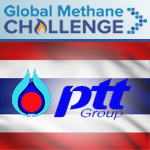
|
Methane Management Programme
Thailand
PTT is a petroleum and petrochemical company based in Thailand. By taking a number of methane mitigation actions, PTT aims to achieve a 20% reduction from 2012 greenhouse gas emissions by 2030.
Case study details
|
Oil & Gas
|
Industry/Technology;National Action Planning
|
Thailand
| 2013 |
Global Methane Challenge
|
Case Study
|
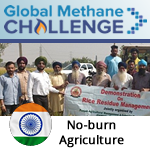
|
Advocating No-Burn Agriculture to Reduce Emissions
India
The Punjab Agricultural Management & Extension Training Institute (PAMETI) is providing straw management equipment to villages in India. The equipment will reduce the burning of rice straw after harvest, resulting in fewer methane emissions.
Case study details
|
Biogas
|
Local Action
|
India
| 2019 |
Global Methane Challenge
|
Case Study
|
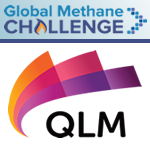
|
Quantum Optical Gas Sensors
United Kingdom
QLM's compact, high-sensitivity, low-power Tunable Diode Lidar (TDLidar) gas detection and imaging systems are expected to help reduce methane emissions by approximately 100 MtCO2e/year.
Case study details
|
Oil & Gas
|
Industry/Technology
|
United Kingdom
| 2017 |
Global Methane Challenge
|
Case Study
|
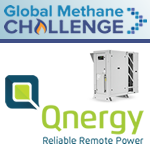
|
Reducing Methane Emissions with Instrument Air
United States
Qnergy partners with natural gas producers in North America to reduce the amount of methane emitted from bleeding (leaking) pneumatic devices. Each Qnergy system is expected to reduce approximately 450 tons of CO2e per year.
Case study details
|
Oil & Gas
|
Data/Research;Industry/Technology
|
United States
| 2019 |
Global Methane Challenge
|
Case Study
|
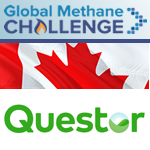
|
Ensuring Zero Emissions and Changing Waste Gas Handling
Canada
Questor Technology leads the world in changing the way that waste gas is handled. Questor ensures zero emissions and guarantees that no harmful pollutants are released into the atmosphere.
Case study details
|
Oil & Gas
|
Industry/Technology
|
Canada
| 2019 |
Global Methane Challenge
|
Case Study
|
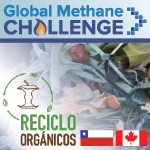
|
A Paradigm Shift in the Management of Organic Residues in Chile
Chile
Reciclo Orgánicos is a campaign to promote strategies and techniques to change the way that organic waste is managed throughout Chile. A main objective is to divert organic waste from uncontrolled landfills to reduce the emission of greenhouse gases.
Case study details
|
Biogas
|
Data/Research;National Action Planning
|
Chile
| 2019 |
Global Methane Challenge
|
Case Study
|
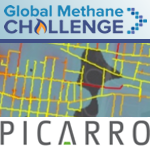
|
Reducing Methane Emissions with Picarro's Natural Gas Asset Management Solution
United States
Picarro's Asset Management Solution is a platform that combines mobile methane emissions measurements and other data sources with powerful analytics, enabling natural gas operators to manage their networks to be more safe, clean and cost-effective than ever before.
Case study details
|
Oil & Gas
|
Data/Research
|
United States
| 2019 |
Global Methane Challenge
|
Case Study
|
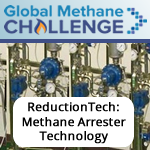
|
Methane Arrester Technology
Canada
ReductionTech (GC Green Carbon Inc.) is developing and installing methane arresters to remove methane from the atmosphere through hydroxyl remediation. The emission reductions are estimated to be 2.2 MTCO2e/year for every 100,000 people served.
Case study details
|
Biogas
|
Industry/Technology
|
Canada
| 2019 |
Global Methane Challenge
|
Case Study
|
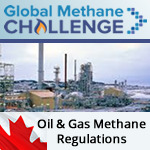
|
Regulations Respecting Reduction in the Release of Methane and Certain Volatile Organic Compounds (Upstream Oil & Gas Sector)
Canada
Canada's regulations that restrict methane emissions from upstream activities (exploration, drilling, production, processing and transmission) will result in reductions of 20 megatonnes of CO2e by 2035, equal to removing 5 million passenger vehicles off the road each year.
Case study details
|
Oil & Gas
|
Government/Policy
|
Canada
| 2018 |
Global Methane Challenge
|
Case Study
|
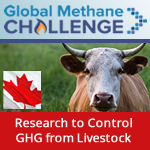
|
Research Efforts to Control Greenhouse Gases Emissions from Livestock
Canada
Researchers associated with the University of Alberta are quantifying greenhouse gas emissions from 60 ranches in Manitoba, Saskatchewan and Alberta. They are investigating the use of 5 adaptive multi-paddock grazing approaches on GHG emissions.
Case study details
|
Biogas
|
Local Action
|
Canada
| 2013 |
Global Methane Challenge
|
Case Study
|
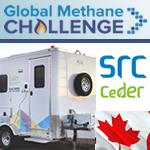
|
Centre for the Demonstration of Emissions Reductions (CeDER)
Canada
The Saskatchewan Research Council created the Centre for the Demonstration of Emissions Reductions (CeDER) to provide real-world testing, demonstration, and validation of emissions measurement, reduction, capture, and conversion technologies.
Case study details
|
Oil & Gas
|
Local Action
|
Canada
| 2019 |
Global Methane Challenge
|
Case Study
|
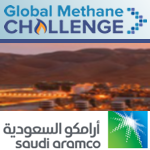
|
Minimizing, Managing, and Mitigating Methane Emissions in Oil and Gas Operations
Saudi Arabia
Saudi Aramco engages collaboratively with the Global Methane Initiative and its partners, focusing on reducing barriers to the recovery and use of methane as a clean energy source in the oil and gas sector.
Case study details
|
Oil & Gas
|
Industry/Technology;Data/Research
|
Saudi Arabia
| 1963 |
Global Methane Challenge
|
Case Study
|
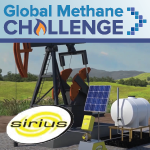
|
Making Solar-powered Chemical Injection Pumps Practical and Economical
Canada
Sirius Instrumentation & Controls is breaking down barriers to make solar-powered chemical injection pumps practical and economical, paving the way to help the oil and gas industry reduce its environmental footprint.
Case study details
|
Oil & Gas
|
Industry/Technology
|
Canada
| 2019 |
Global Methane Challenge
|
Case Study
|
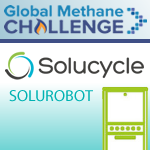
|
On-site Food Waste Recovery to Biogas
Canada
Solucycle manages food waste with their SoluRobot technology. The system allows restaurants and caterers to divert organic waste matter to biogas facilities and track greenhouse gas reductions.
Case study details
|
Biogas
|
Industry/Technology
|
Canada
| 2019 |
Global Methane Challenge
|
Case Study
|
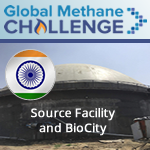
|
Capturing and Using Biogas from Cow Dung and Agricultural Residue
India
Source Facility and BioCity partnered to address operational challenges of biogas systems in India. Together, they provide local communities with 2,500 kg of compressed biogas per day and help to meet fertilizer needs in rural and urban India.
Case study details
|
Biogas
|
Local Action
|
India
| 2019 |
Global Methane Challenge
|
Case Study
|
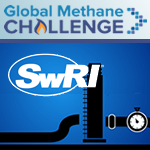
|
Early Detection of Leaks in Oil and Gas Operations
United States
SwRI detects methane leaks in remote areas through a combination of sensors, infrared cameras, machine learning, and artificial intelligence, specializing in autonomous sensing solutions for early detection of leaks from both hazardous liquids and gas pipelines.
Case study details
|
Oil & Gas
|
Data/Research
|
United States
| 2019 |
Global Methane Challenge
|
Case Study
|
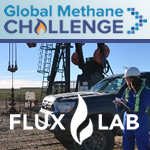
|
Field Data and Research to Improve Site Measurements
Canada
St. Francis Xavier University's Flux Lab deploys high precision, truck-based analyzers to conduct large-scale emissions measurement campaigns in Canada's oil and gas fields.
Case study details
|
Oil & Gas
|
Data/Research
|
Canada
| 2019 |
Global Methane Challenge
|
Case Study
|
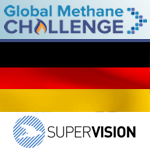
|
Using Satellites and Deep Learning to Monitor, Prevent and Reduce Gas Pipeline Incidents
Germany
SuperVision Earth, a start-up company based in Darmstadt, Germany, has made it their mission to help companies significantly reduce incidents of underground pipeline leaks and therefore minimize methane escape into the atmosphere.
Case study details
|
Oil & Gas
|
Industry/Technology
|
Germany
| 2019 |
Global Methane Challenge
|
Case Study
|
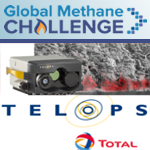
|
Visualizing and Quantifying Methane Leaks
Canada
Telops has joined Total to conduct a research and development project that aims to develop a passive and remote technique to improve leak detection and provide quantitative gas leak mass flow rate values.
Case study details
|
Oil & Gas
|
Industry/Technology;Data/Research
|
Canada
| 2019 |
Global Methane Challenge
|
Case Study
|
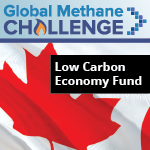
|
The Low Carbon Economy Fund
Canada
The Low Carbon Economy Fund (LCEF) is an important part of the Pan-Canadian Framework on Clean Growth and Climate Change. The LCEF leverages investments in projects that generate clean growth and reduce greenhouse gas emissions.
Case study details
|
Oil & Gas
|
Local Action;Government/Policy
|
Canada
| 2019 |
Global Methane Challenge
|
Case Study
|
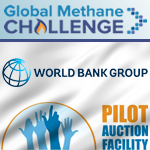
|
Stimulating Investment through the Pilot Auction Facility for Methane and Climate Change Mitigation
N/A
The World Bank created the PAF as an innovative, pay-for-performance model to stimulate investment in projects that reduce greenhouse gas emissions while maximizing the impact of public funds and leveraging private sector financing. The PAF has demonstrated a cost-effective, results-based climate finance mechanism that incentivizes private sector investment and action on climate change in developing countries by guaranteeing a minimum price for carbon credits that represent emission reductions.
Case study details
|
Biogas
|
Finance
|
N/A
| 2013 |
Global Methane Challenge
|
Case Study
|
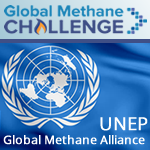
|
Global Methane Alliance (GMA)
N/A
The GMA gathers international organizations, non-governmental organizations, financing institutions, and oil and gas companies to support countries in setting ambitious methane reduction targets for the oil and gas industry.
Case study details
|
Oil & Gas
|
Finance
|
N/A
| 2019 |
Global Methane Challenge
|
Case Study
|
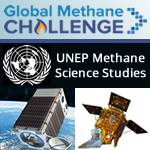
|
Methane Science Studies
N/A
The results of ongoing and future methane science studies will improve understanding of methane emissions at a global level, allowing industry, governments, and other stakeholders to prioritize actions to reduce methane emissions.
Case study details
|
Oil & Gas
|
Data/Research
|
N/A
| 2015 |
Global Methane Challenge
|
Case Study
|
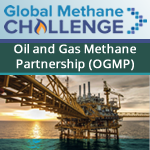
|
Oil and Gas Methane Partnership (OGMP)
N/A
The OGMP provides a protocol to help companies manage their methane emissions from upstream oil and gas operations and offers a credible platform to help member companies demonstrate reductions to industry stakeholders.
Case study details
|
Oil & Gas
|
Industry/Technology
|
N/A
| 2014 |
Global Methane Challenge
|
Case Study
|
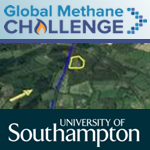
|
Quantifying Anthropogenic Methane Emission Sources
United Kingdom
The University of Southampton are using a state-of-the-art technique to measure the release of landfill gas into the atmosphere, which provides realistic emission rates to inform the United Kingdom's response to climate change.
Case study details
|
Biogas
|
Data/Research
|
United Kingdom
| 2019 |
Global Methane Challenge
|
Case Study
|
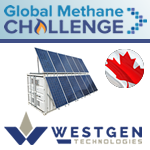
|
Engineered Power on Demand (EPOD) Technology
Canada
Westgen Technologies is helping Canada to achieve methane emission reduction goals for the oil and gas sector with its Engineered Power on Demand (EPOD) technology. The EPOD is powered primarily by solar energy and provides reliable power to a wellsite.
Case study details
|
Oil & Gas
|
Industry/Technology
|
Canada
| 2019 |
Global Methane Challenge
|
Case Study
|
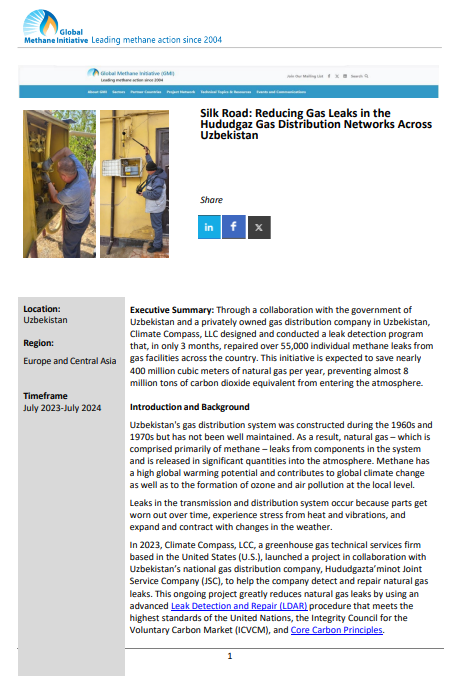
|
Silk Road: Reducing Gas Leaks in the Hududgaz Gas Distribution Networks Across Uzbekistan
Uzbekistan
Climate Compass and partners implemented a nation-wide LDAR initiative across Uzbekistan's aging gas network, repairing over 55,000 methane leaks in under a year. The project saved 400 million m³ of gas annually and prevented 8 million tons of CO2e emissions, while training 200 local technicians and supporting Uzbekistan’s climate goals.
Case study details
|
Oil & Gas
|
Leak Detection and Repair (LDAR); Natural Gas; Methane Emissions
|
Uzbekistan
| 2023 |
Global Methane Initiative
|
Case Study
|
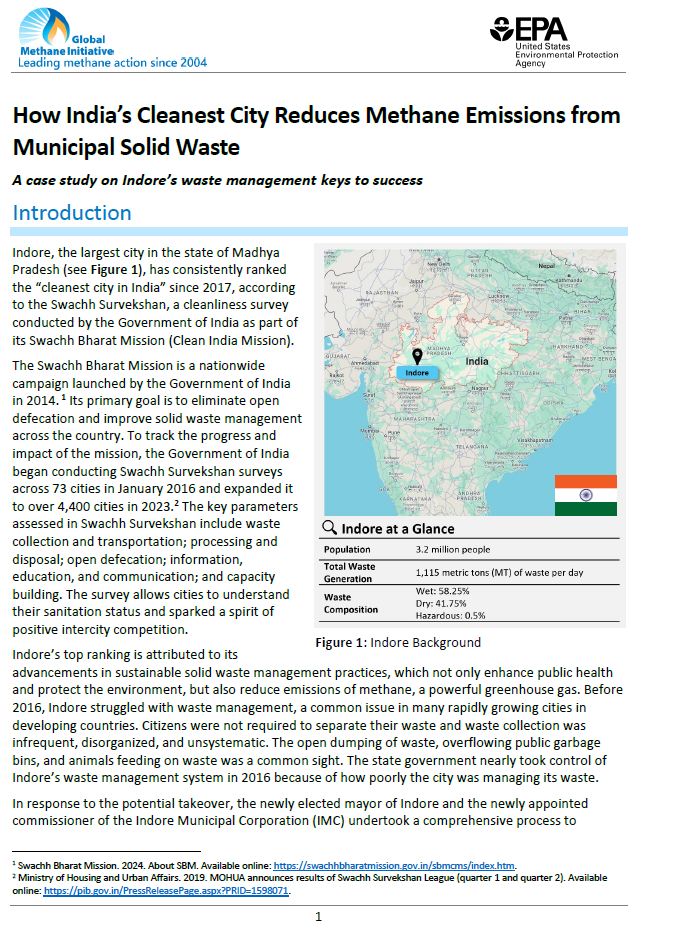
|
How India’s Cleanest City Reduces Methane Emissions from Municipal Solid Waste
India
A case study on Indore’s waste management keys to success: Indore, the largest city in the state of Madhya Pradesh, India, has consistently ranked the “cleanest city in India” since 2017. In October 2023, the U.S. Environmental Protection Agency, on behalf of the Global Methane Initiative, conducted a study tour of Indore that brought other waste management officials to learn about Indore’s improved waste management. This case study provides an overview of the factors that contributed to the successful transformation of Indore’s waste management system, including leadership buy-in, public engagement and participation, pilot testing, infrastructure upgrades, and innovative financing. It can serve as a model for cities around the world to improve solid waste management and reduce methane emissions and other climate pollutants.
Case study details
|
Biogas
|
Government/Policy
|
India
| 2023 |
Global Methane Initiative
|
Case Study
|

|
U.S. EPA Issues Final Rule to Sharply Reduce Methane and Other Harmful Pollution
United States
The Inventory of the U.S. Greenhouse Gas Emissions and Sinks indicates that natural gas and petroleum systems are the largest industrial source of methane emissions in the United States. In 2023, the U.S. Environmental Protection Agency issued a final environmental regulation that is slated to sharply reduce methane emissions and other harmful air pollution from oil and natural gas operations, including from existing sources nationwide. The U.S. EPA considered nearly 1 million comments received on the two proposals before issuing a final rule, which was announced in December 2023 and subsequently published in March 2024. The rule is expected to reduce methane emissions by nearly 80% of what they would have been without the rule. It is also estimated to reduce 58 million tons of methane emissions from 2024 to 2038 and avoid 16 million tons of smog-forming volatile organic compound emissions and 590,000 tons of air toxics.
Case study details
|
Oil & Gas
|
Government/Policy
|
United States
| 2024 |
GMI Policymaker Framework for Addressing Methane Emissions
|
Case Study
|
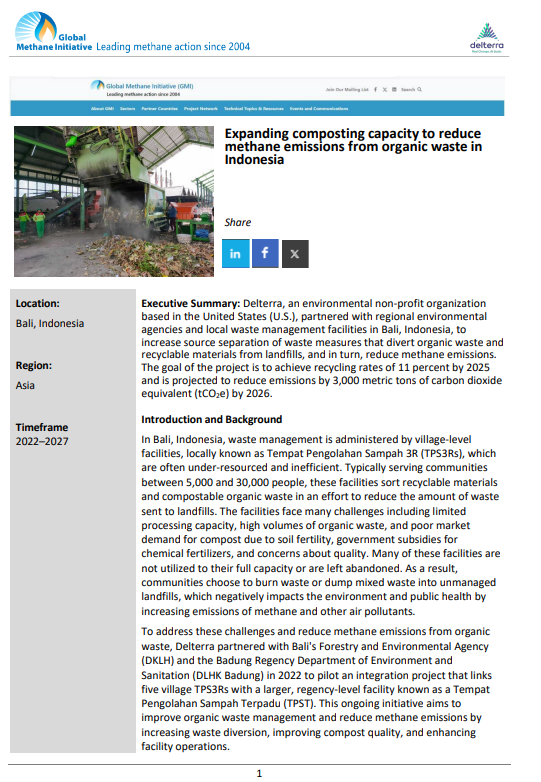
|
Expanding Composting Capacity to Reduce Methane Emissions from Organic Waste in Indonesia
Indonesia
Delterra partnered with Indonesian agencies and communities in Bali to expand composting and reduce methane emissions. Using the SWEET tool and extensive local engagement, the project linked small TPS3R facilities with a regional TPST, trained thousands, and projected a reduction of 6,800 tCO2e by 2028.
Case study details
|
Municipal Solid Waste
|
Waste Management; Organic Waste; Source Separation
|
Indonesia
| 2022 |
Global Methane Initiative
|
Case Study
|



